Remembering surfing legend Dorian "Doc" Paskowitz

Surfing has long had its mavericks and Mavericks. But in a culture chock-full of distinctive characters, none was quite so singular as Doc Paskowitz, who passed away November 10 at the age of 93. Paskowitz glided through his remarkable life making an ally of hardship, so he probably wasn’t overly disappointed that one of his final wishes failed to come true.
“What’s next for you?” he was asked in a 2009 Q&A with Liquid Salt magazine.
“Next is death,” replied Paskowitz, who, after complaining about the price of a casket, observed, “There is all kinds of bullsh-- that goes on with dying.”
Then, he described his ideal demise:
“So, I am trying to find a nice shark that will eat me. I found one at Waikiki but he wasn’t that interested in me. I saw one out in the blue water of Samoa, but I kinda chickened out. Now, I am thinking if I can get to Tonga, maybe that same shark is there…”
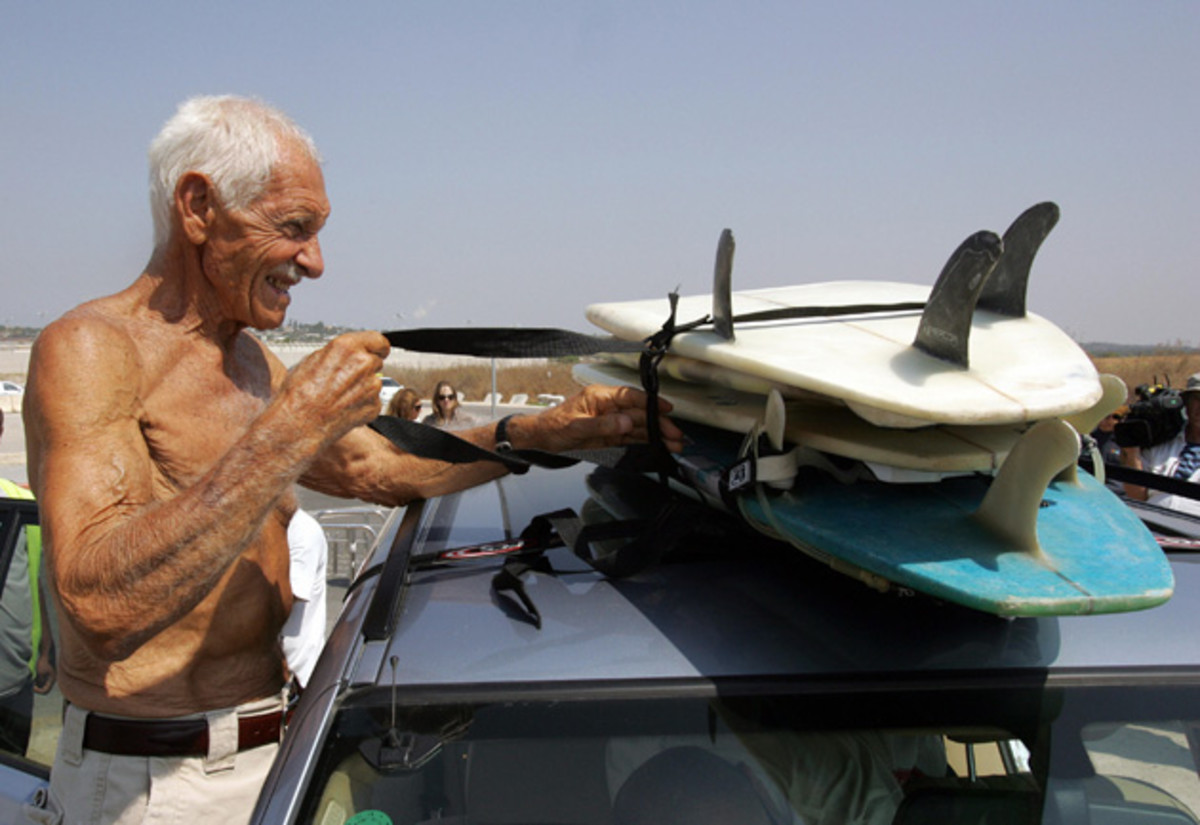
Instead, this icon of surf culture died in his sleep in Newport Beach, Cal., surrounded by his family. Which, in his case, was saying something: Paskowitz and his third wife, Juliette, had nine children. Known collectively as The First Family of Surfing, the clan ranged for a quarter century in a ramshackle RV along the beaches of America, subsisting on the revenue from surf camps and clinics they hosted.
It came as a surprise to those who first met this wave-chasing, wisdom-seeking gypsy that “Doc” was more than just a nickname. Before embarking on his surfing journey, Paskowitz had run his own, successful medical practice. Born in Galveston, Texas, in 1921, Dorian Paskowitz moved to San Diego at the age of 13. As a lifeguard at Mission Beach, according Matt Warshaw’s authoritative Encyclopedia of Surfing, “he helped revive the area’s flagging surfing scene. In the 1941 Pacific Coast Surf Riding Championships he finished second to surfing ironman Pete Peterson.”
After earning both his B.A. in biology, then his M.D. at Stanford (in 1946), “Doc” Paskowitz moved to Israel, founding a small surf colony in Tel Aviv in hopes of “getting Arabs and Jews surfing together.”
Sports Illustrated's greatest surfing photography
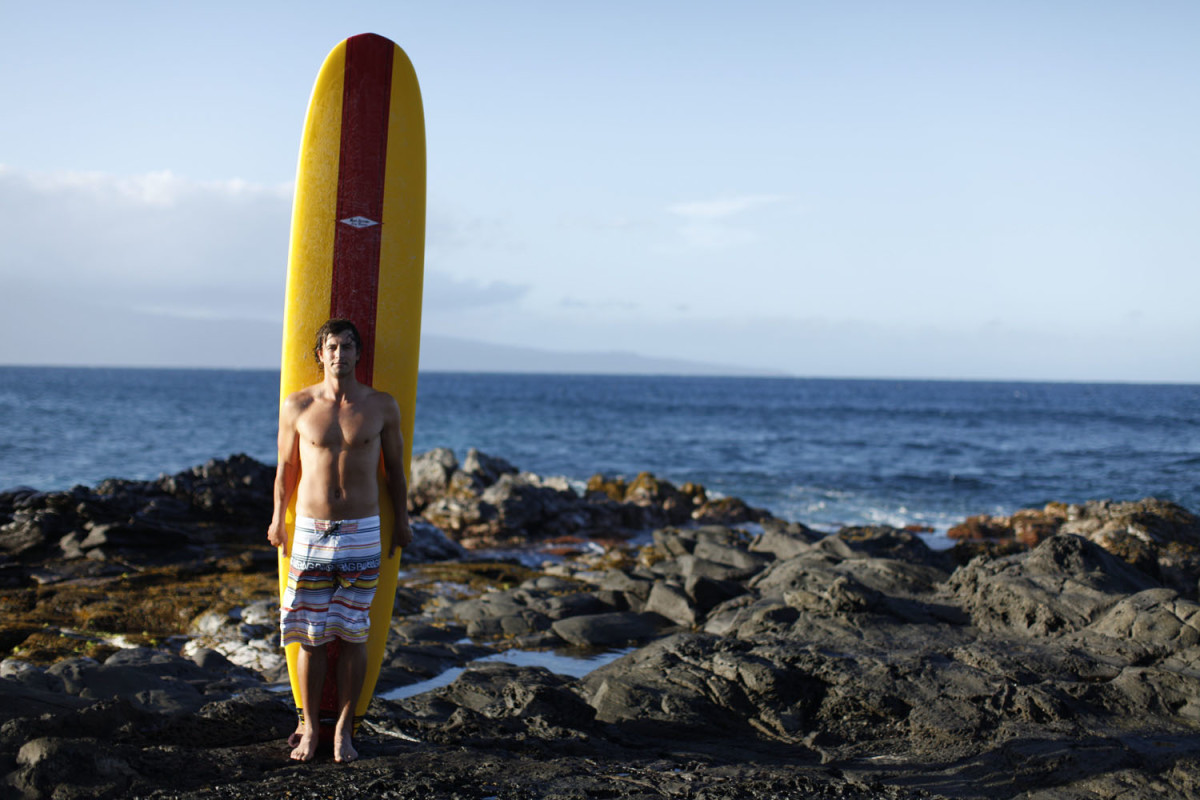
Adam Scott
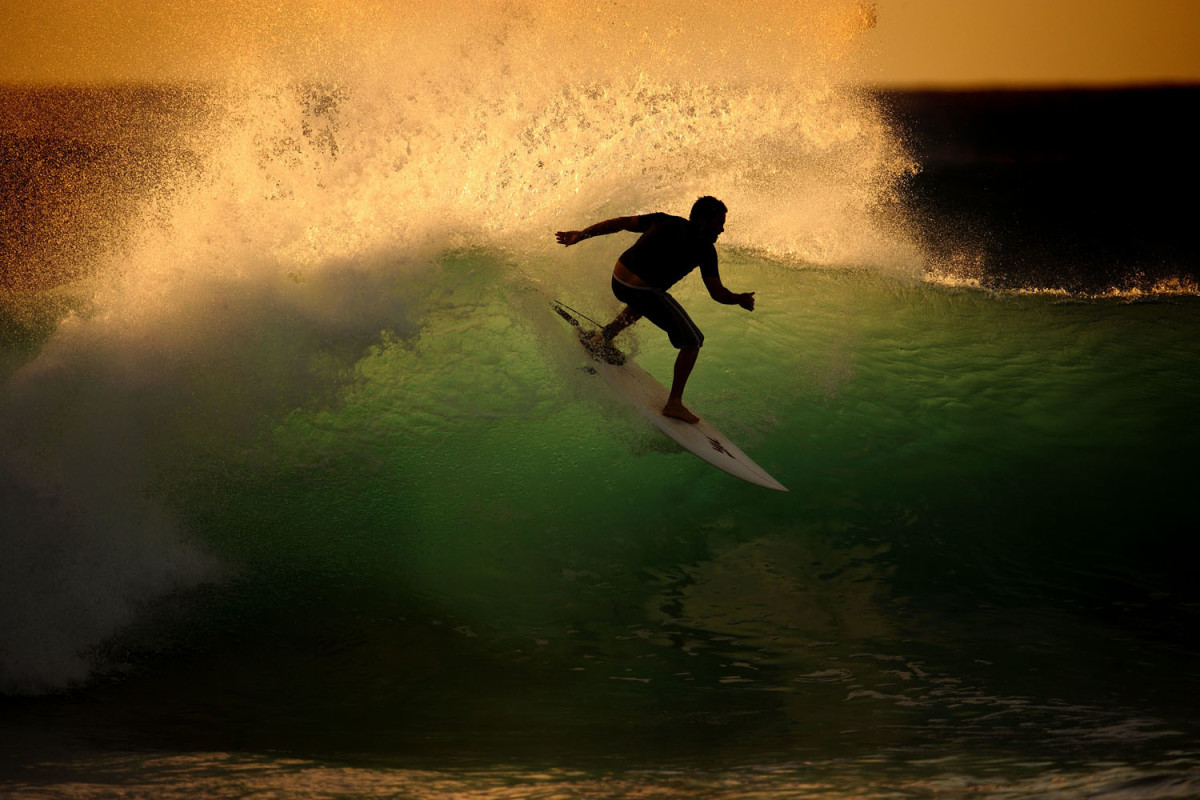
Rocky Point Surfers
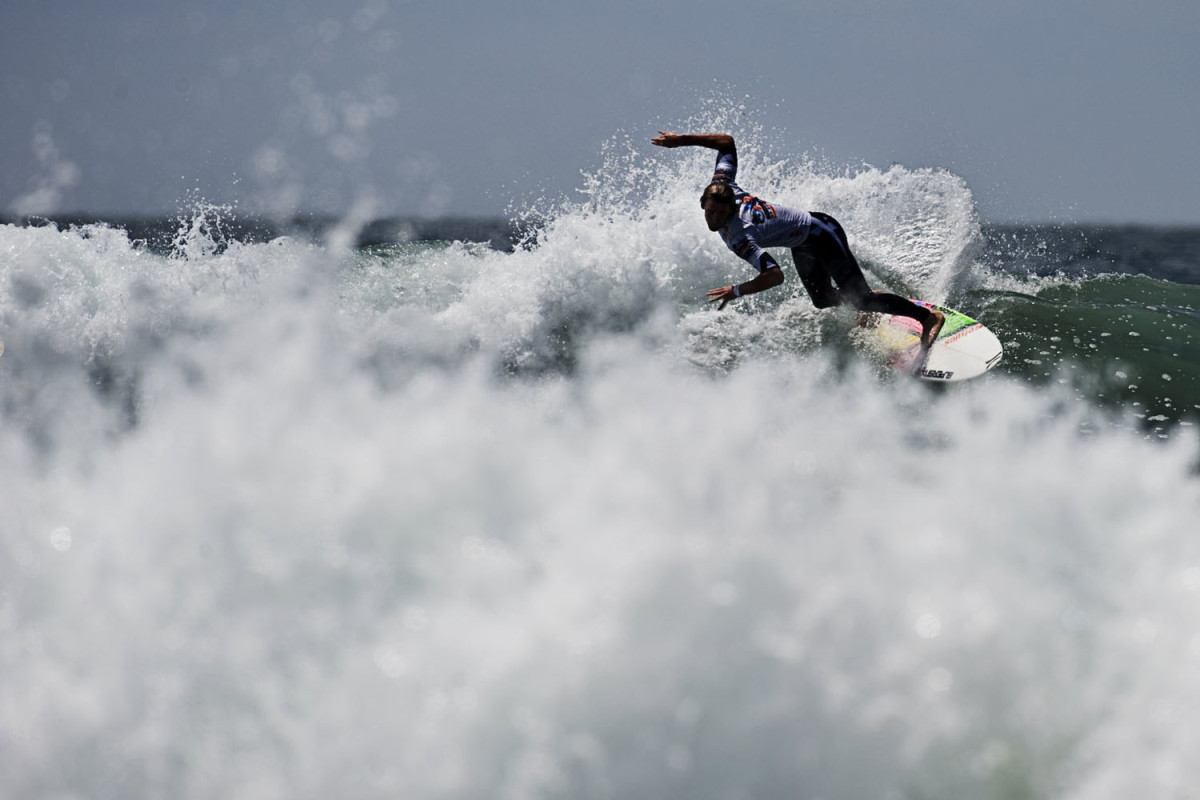
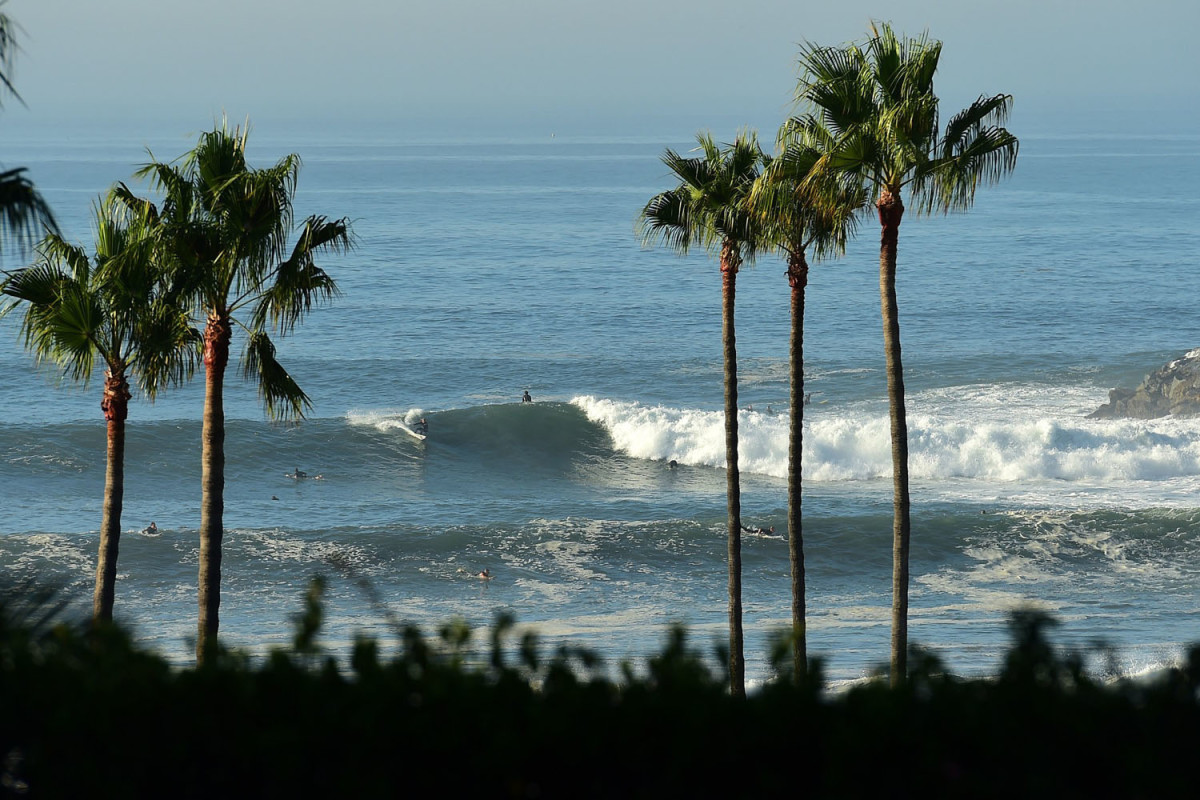
Big Surf at The Wedge
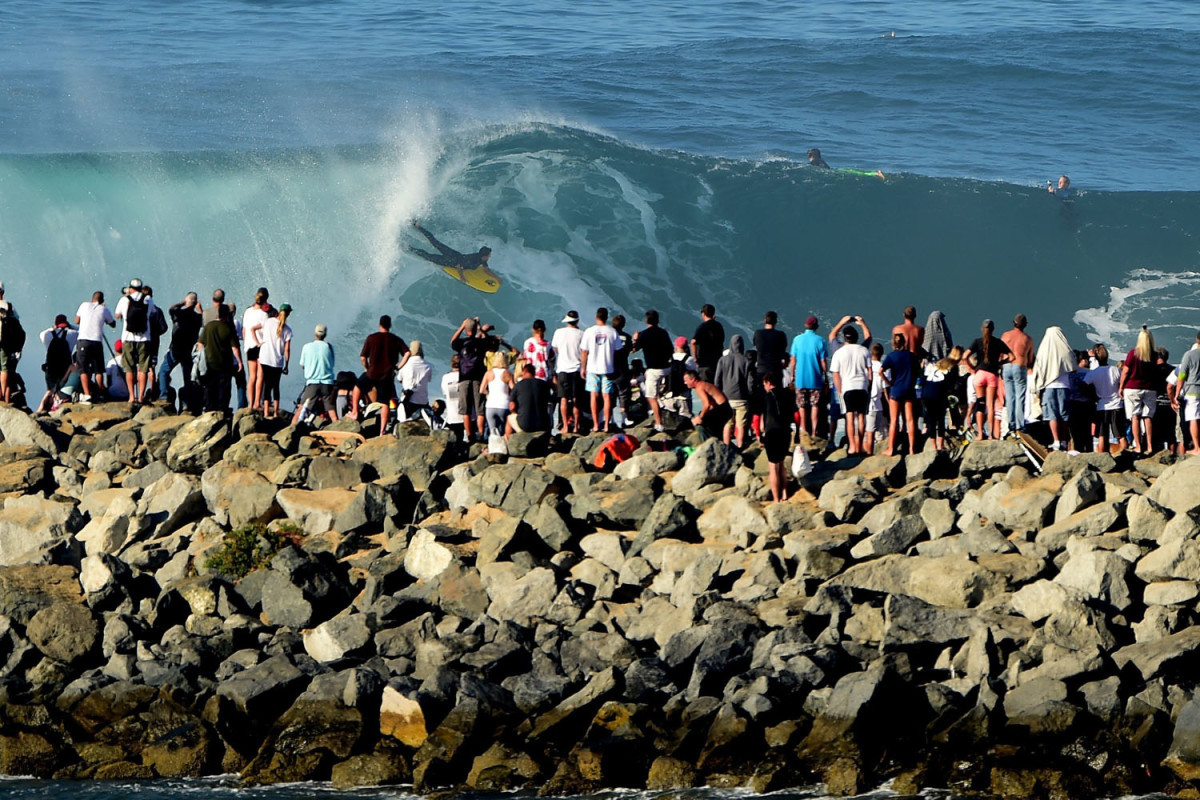
Big Surf at The Wedge
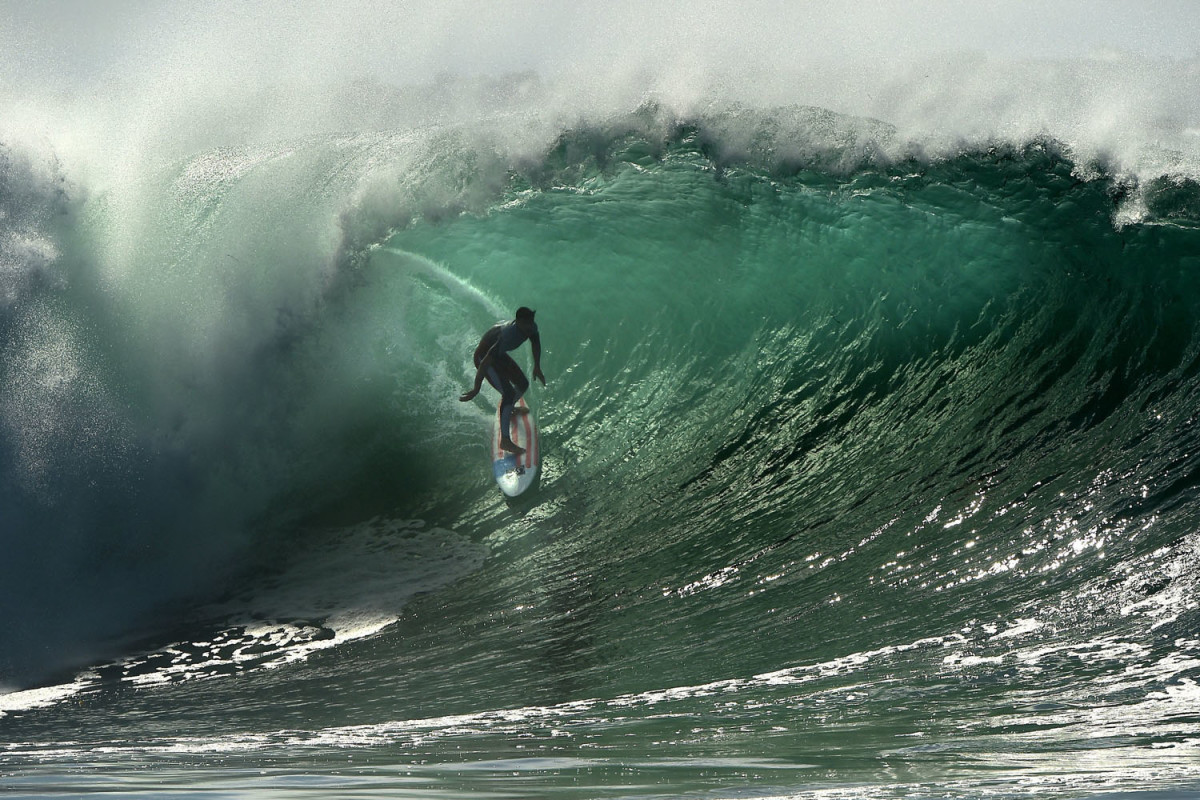
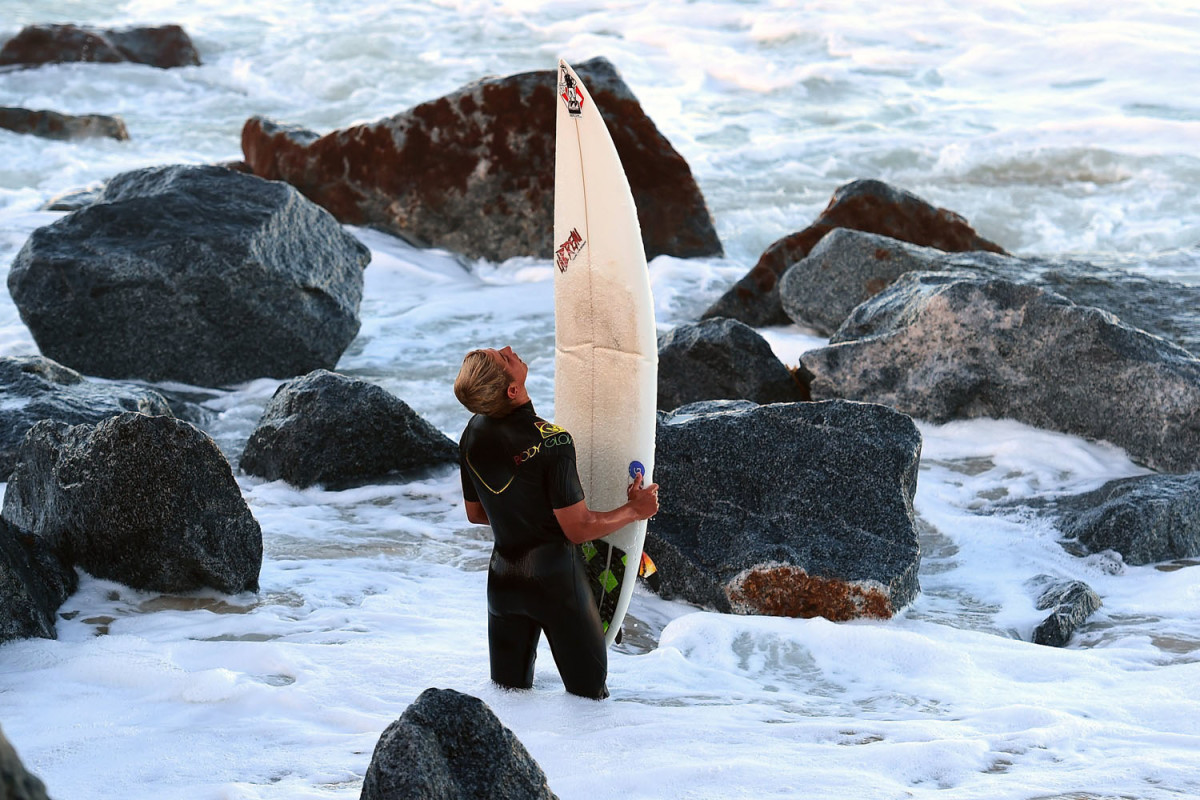
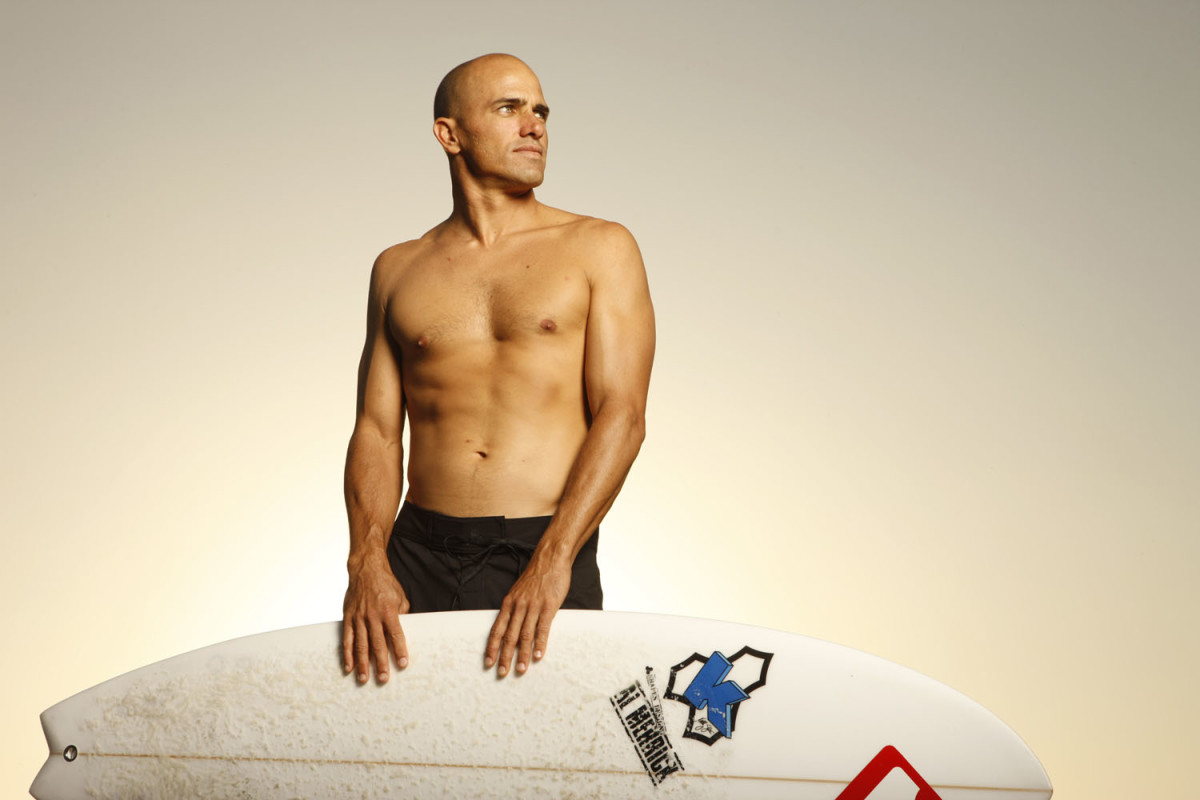
Kelly Slater
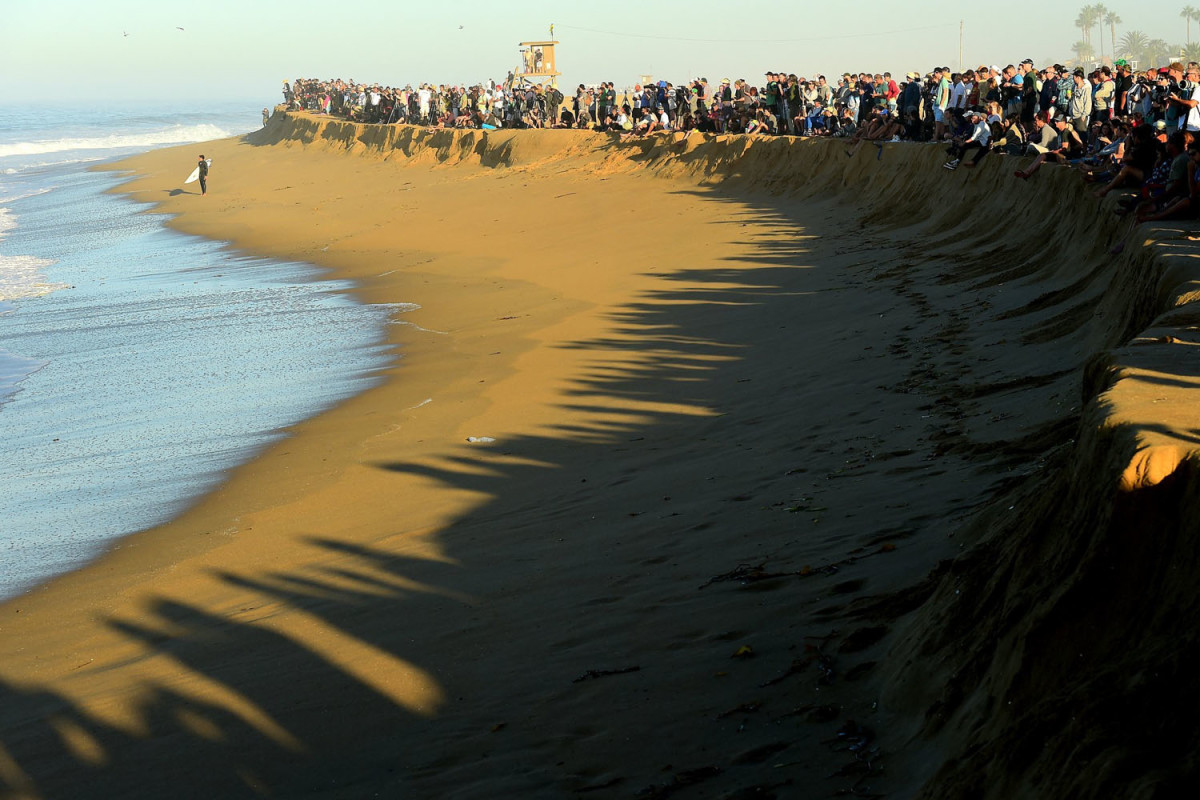
Big Surf at The Wedge
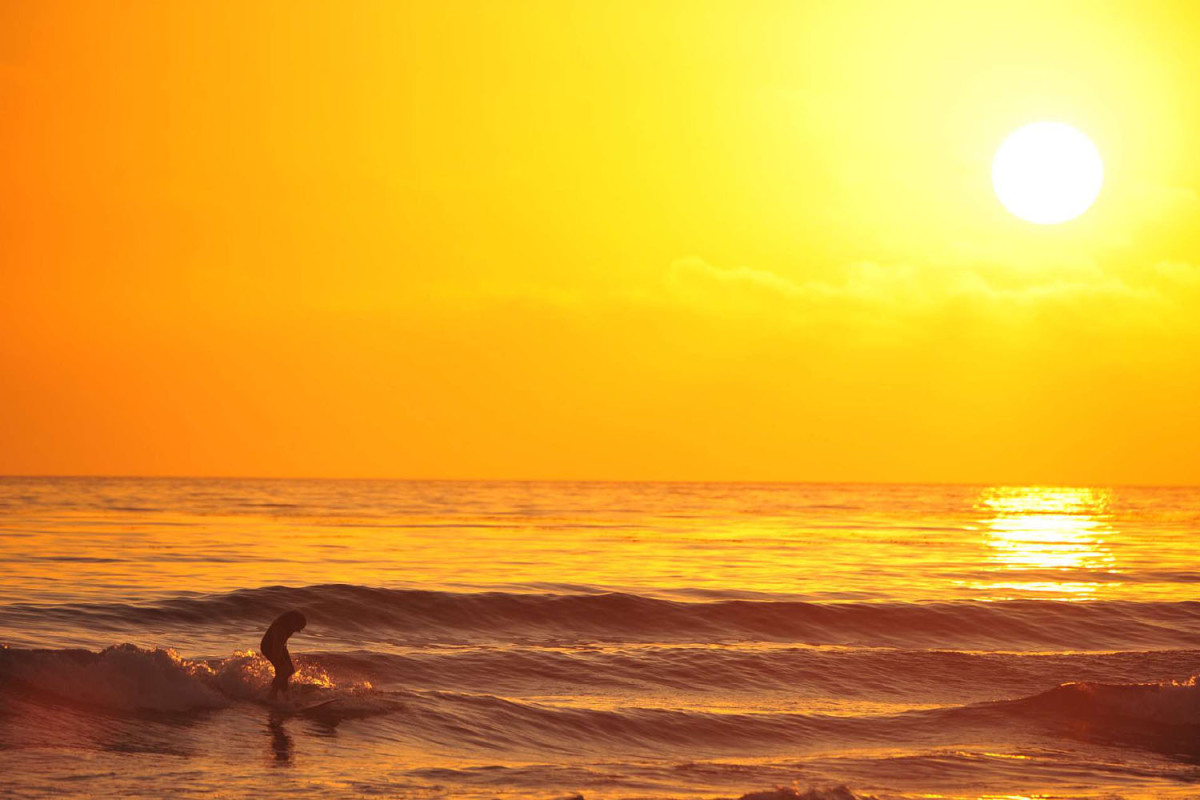
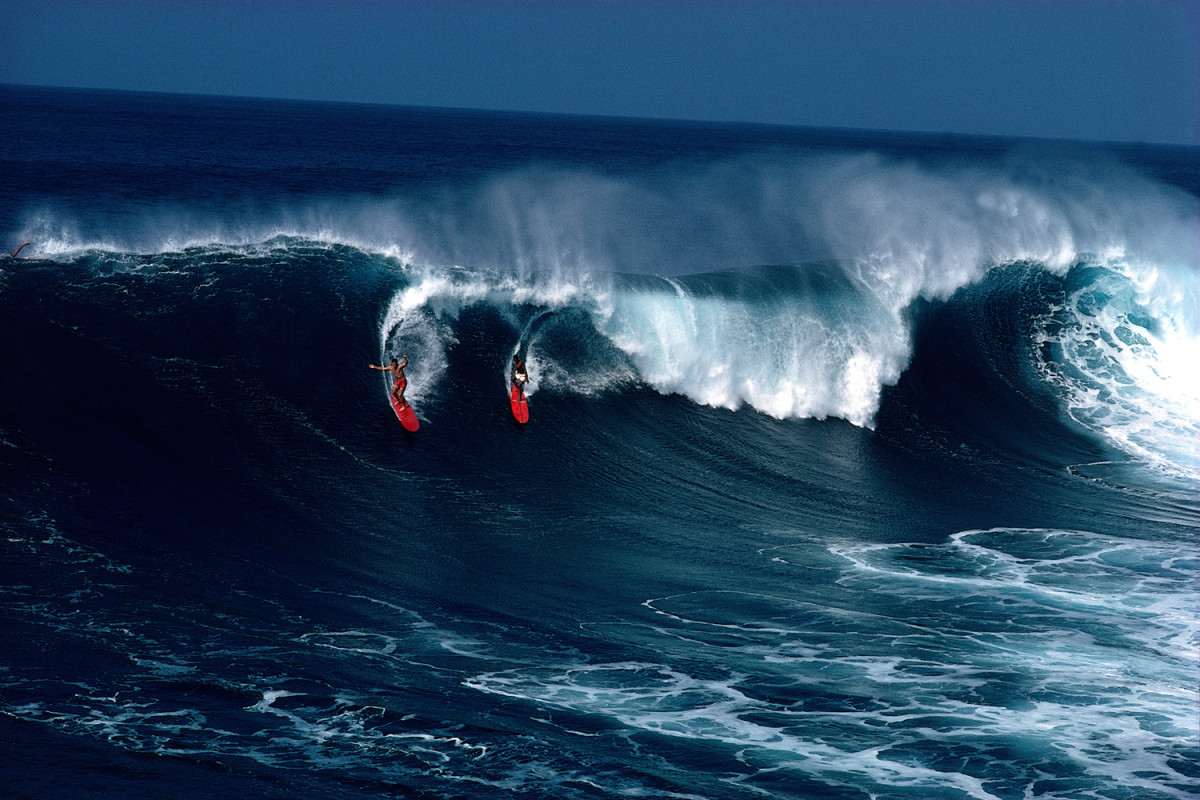
Surfing the Waimea Shorebreak
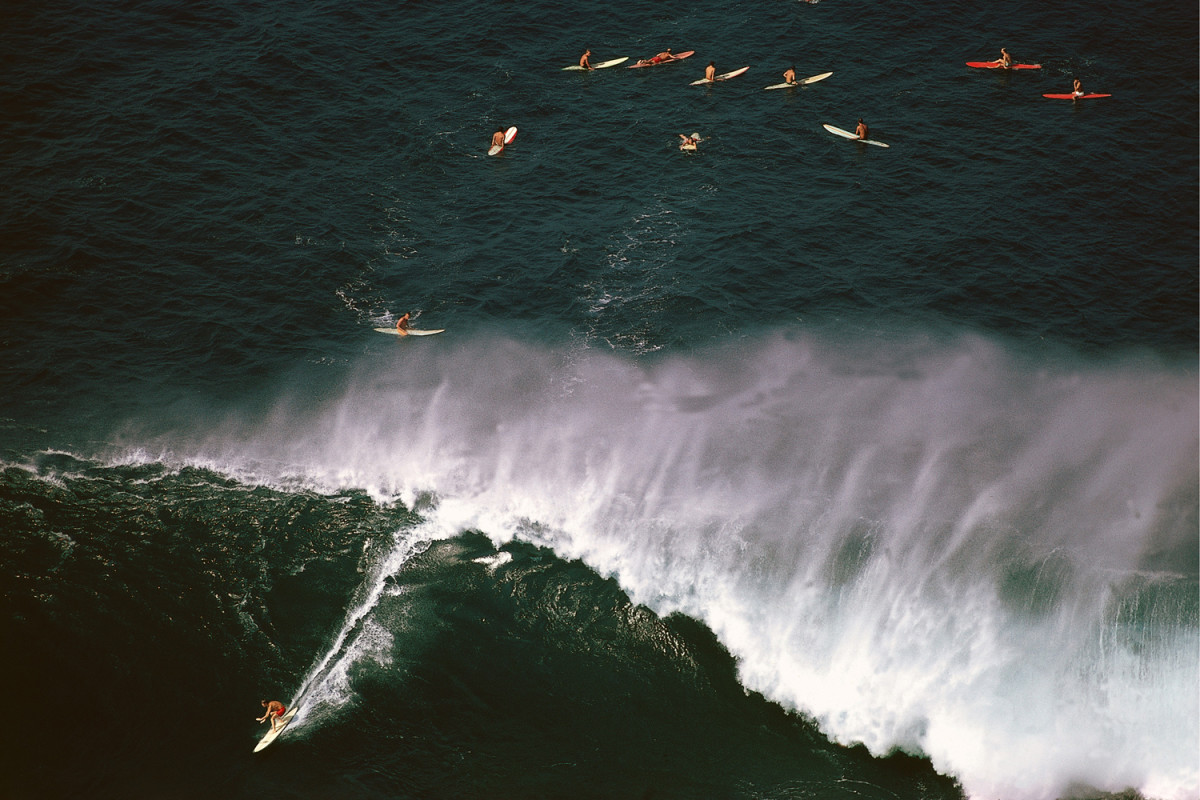
Surfing the Waimea Shorebreak
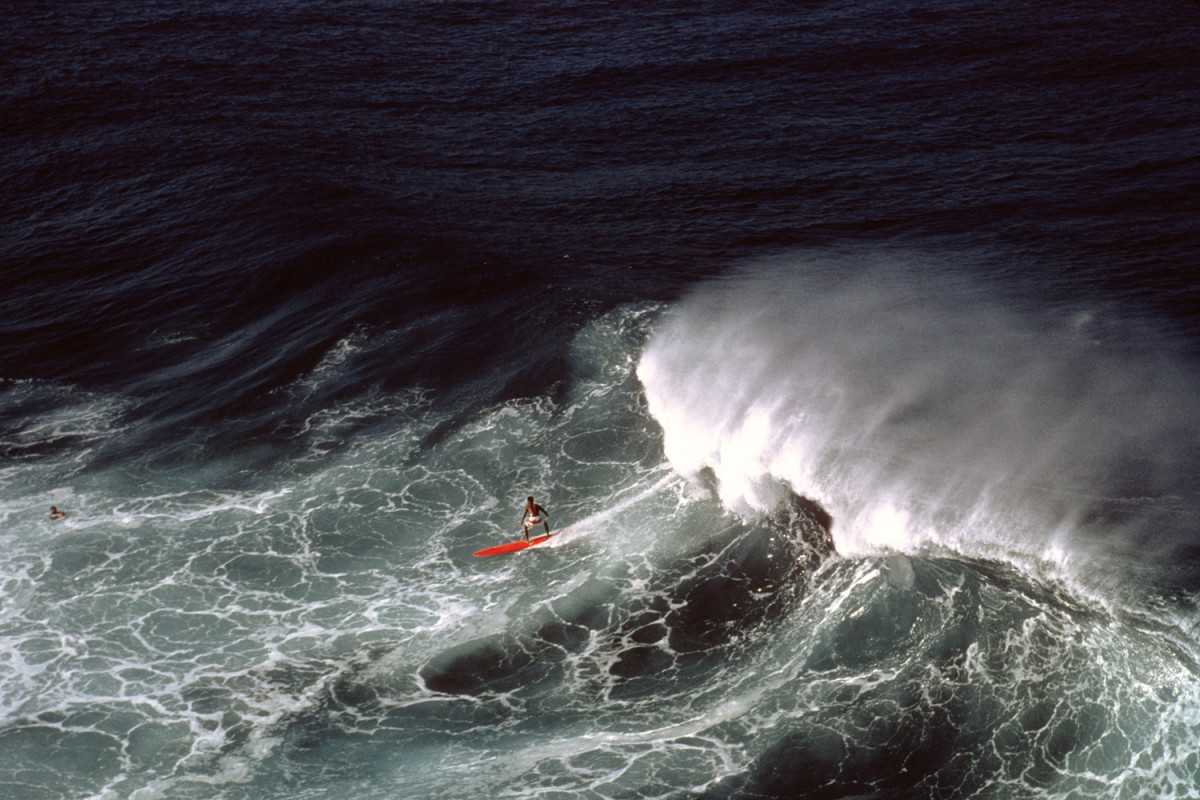
Surfing the Waimea Shorebreak
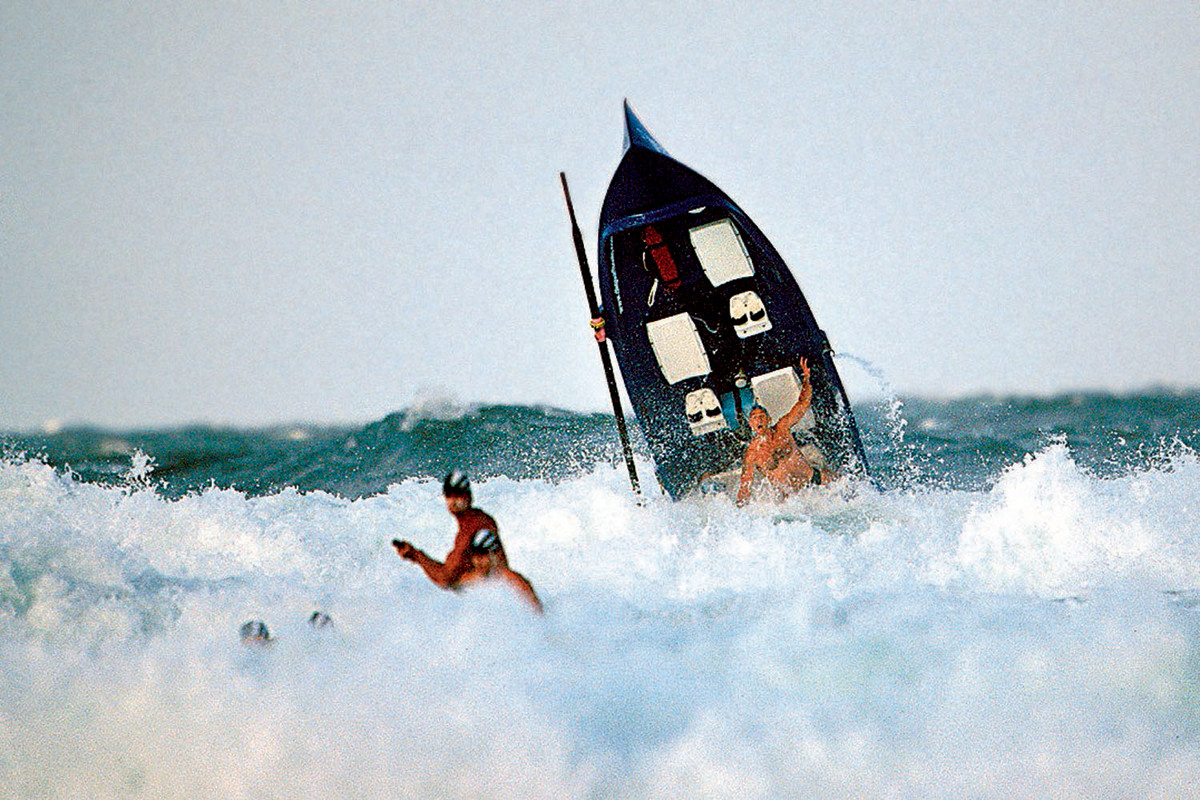
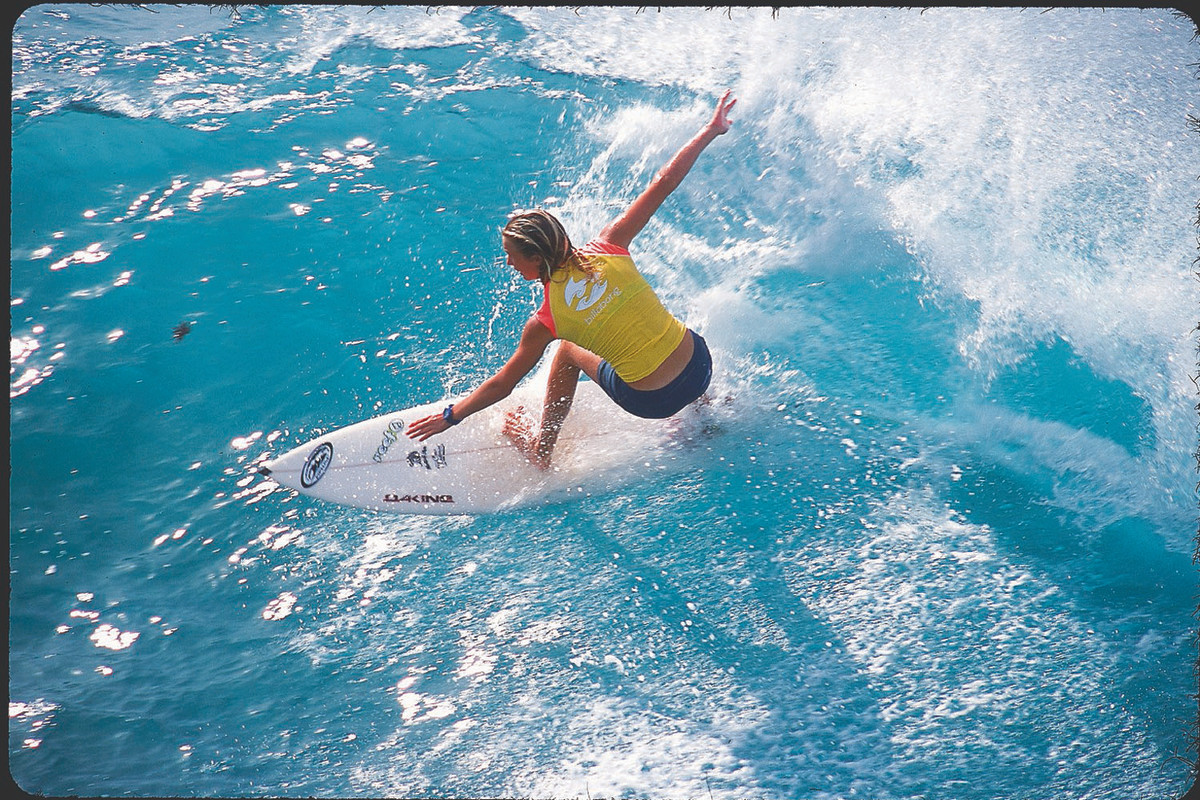
Billabong Girls Pro Maui
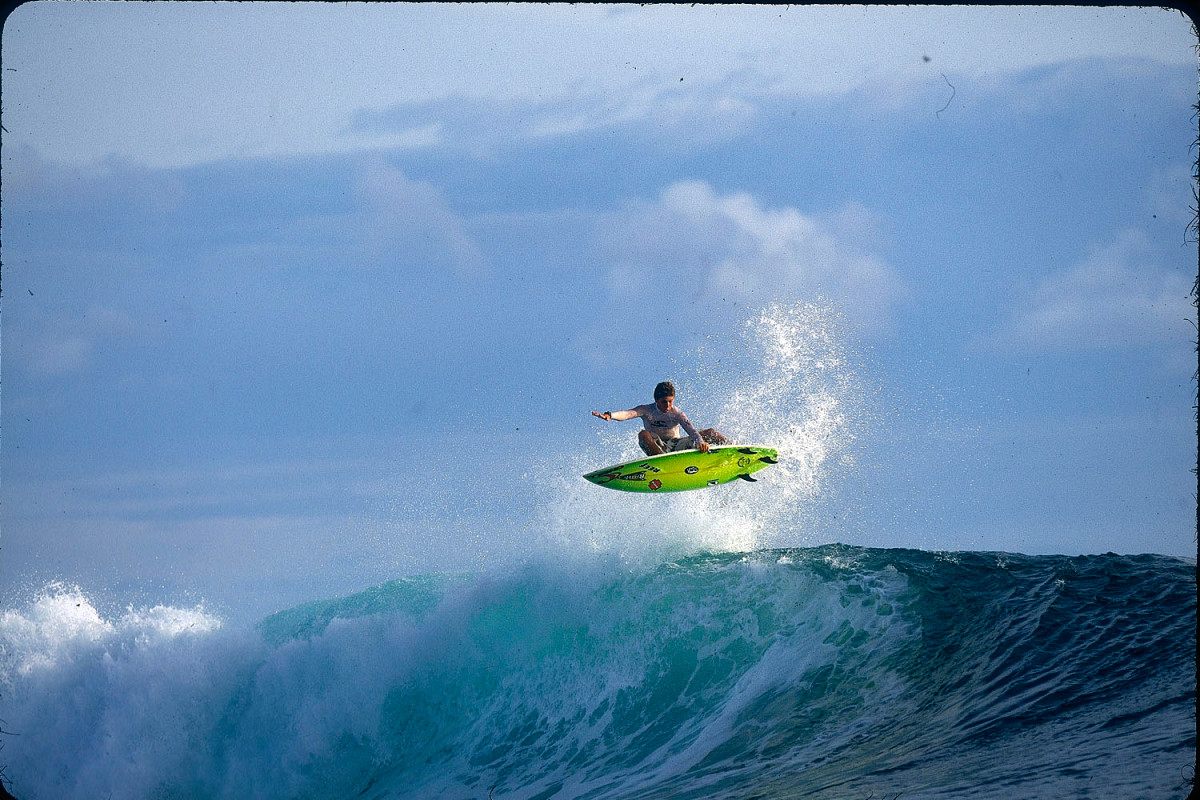
Kellen Ellison
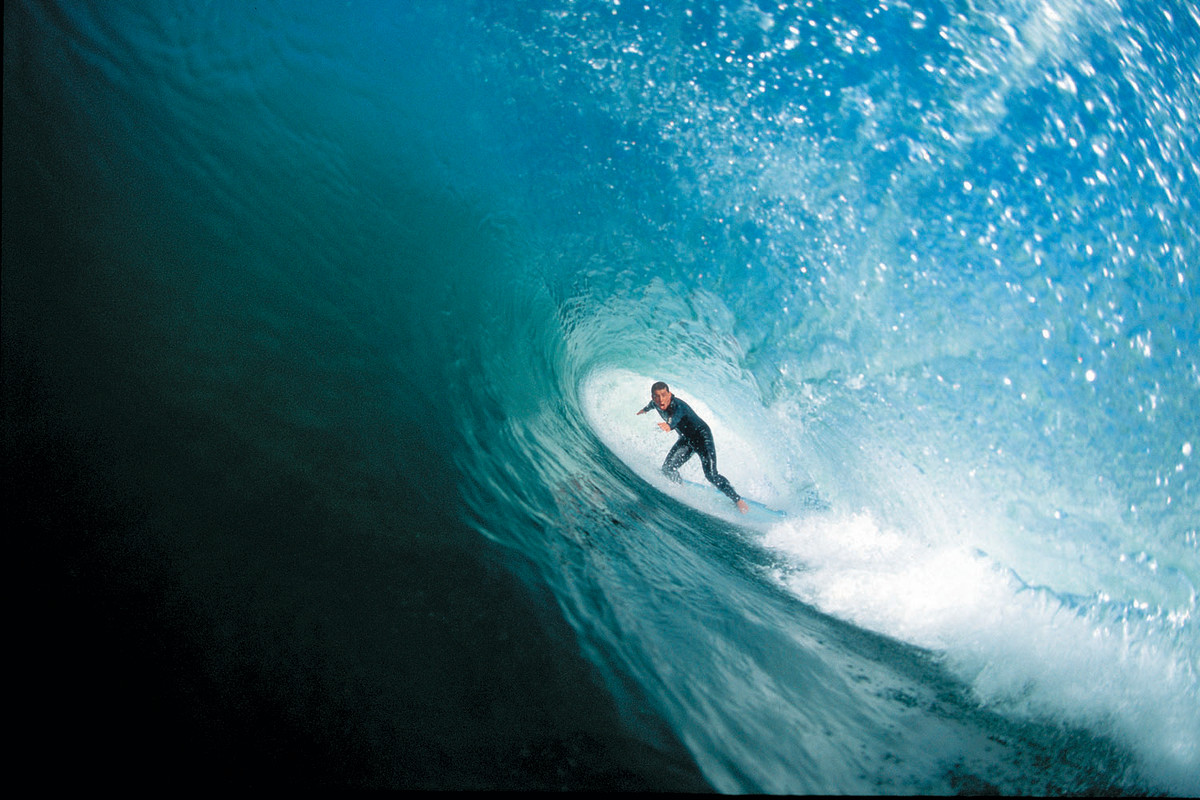
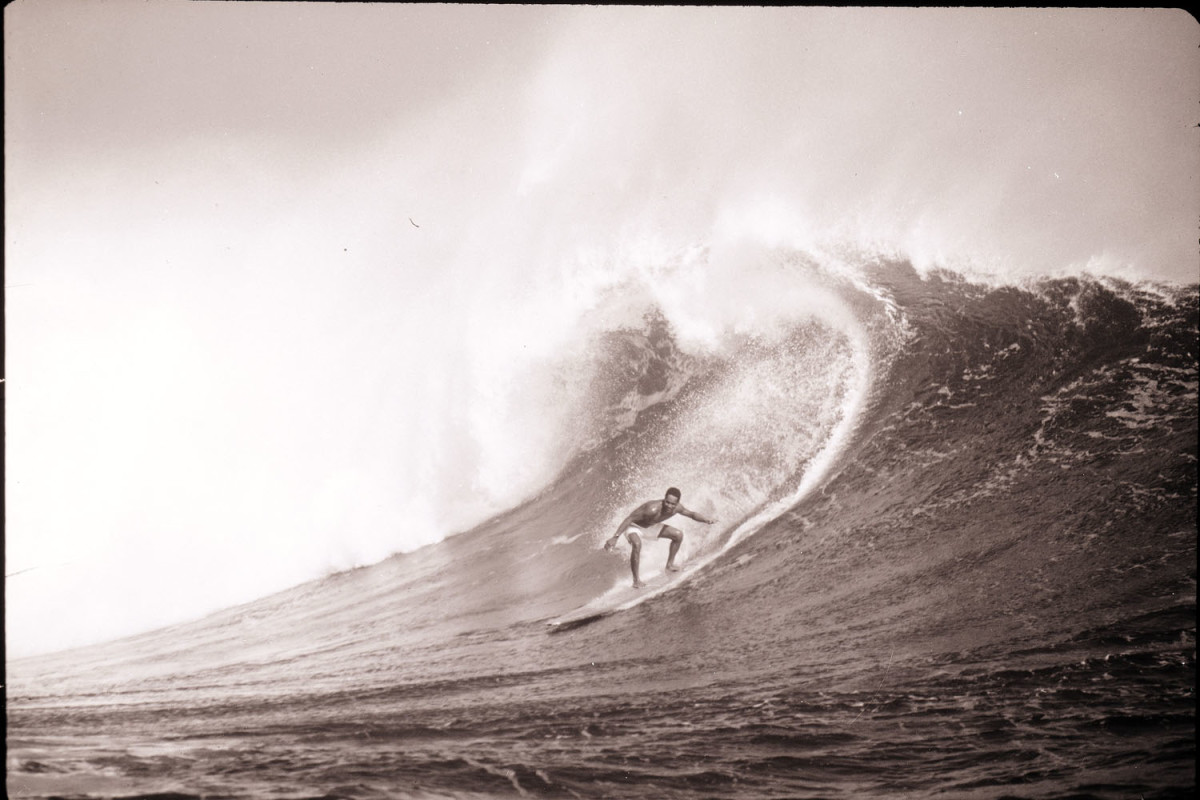
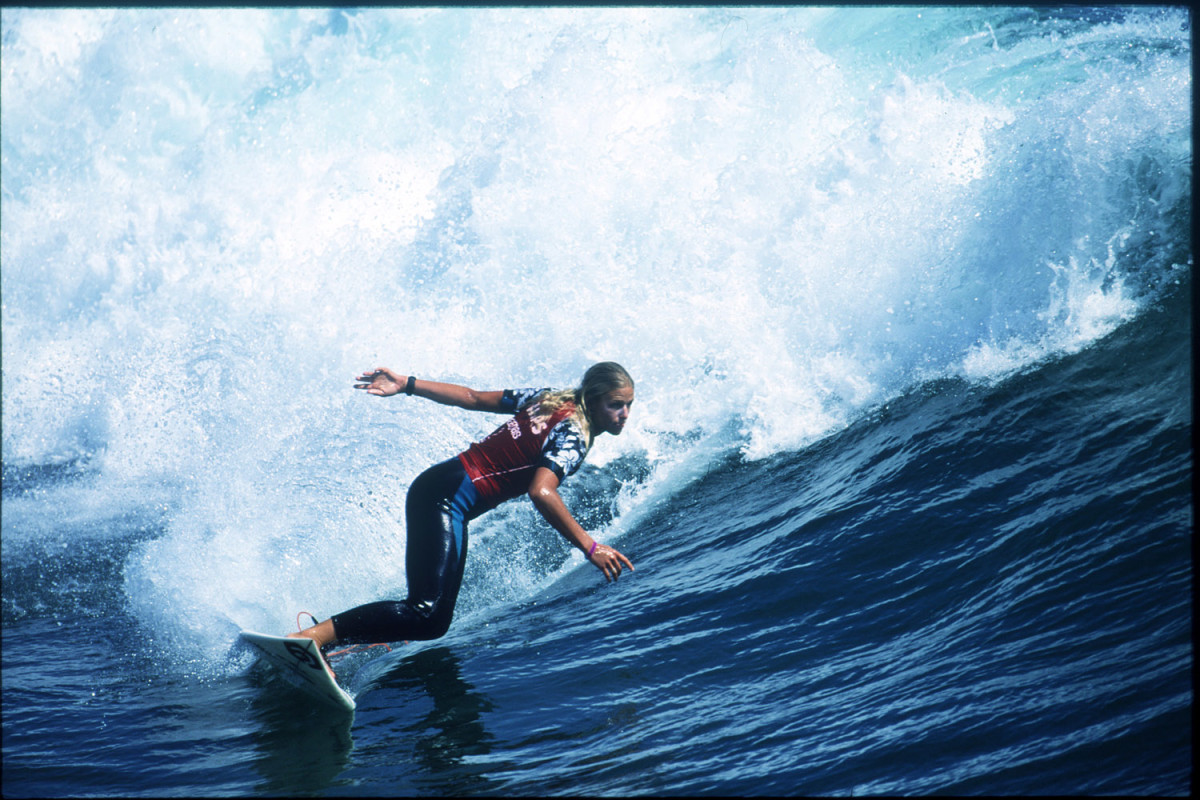
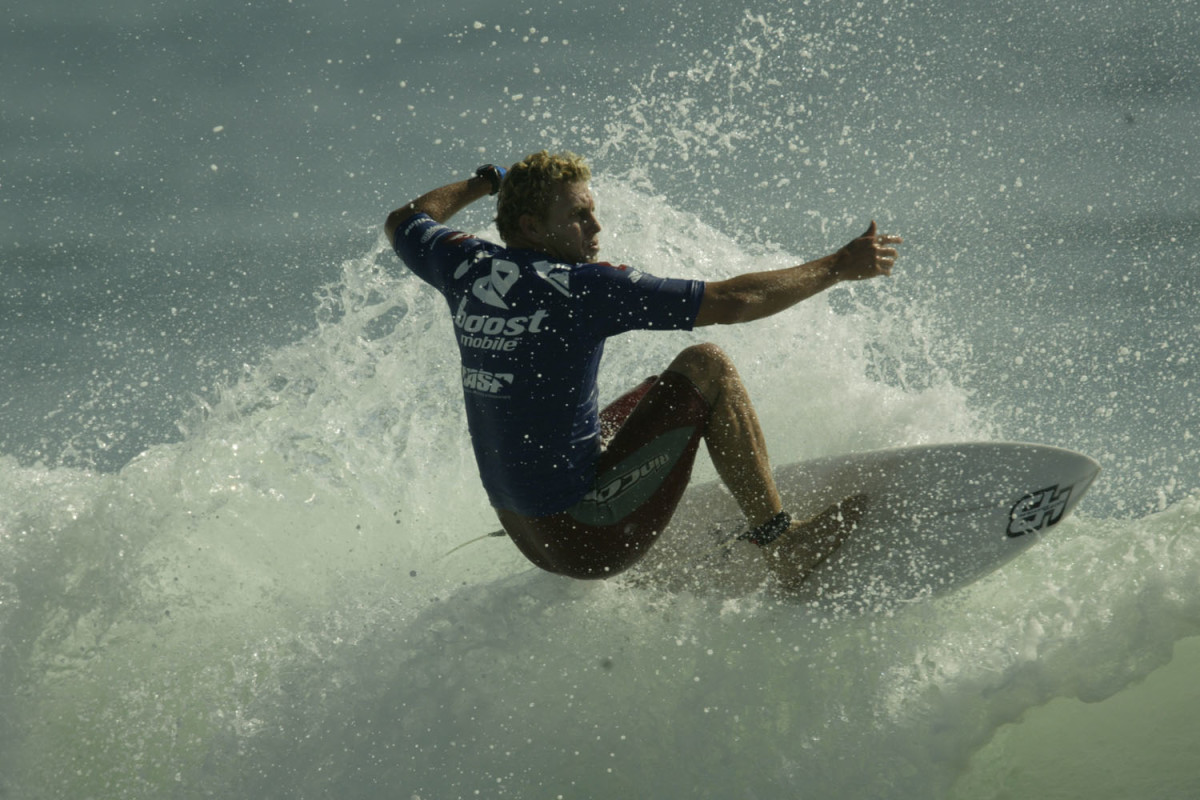
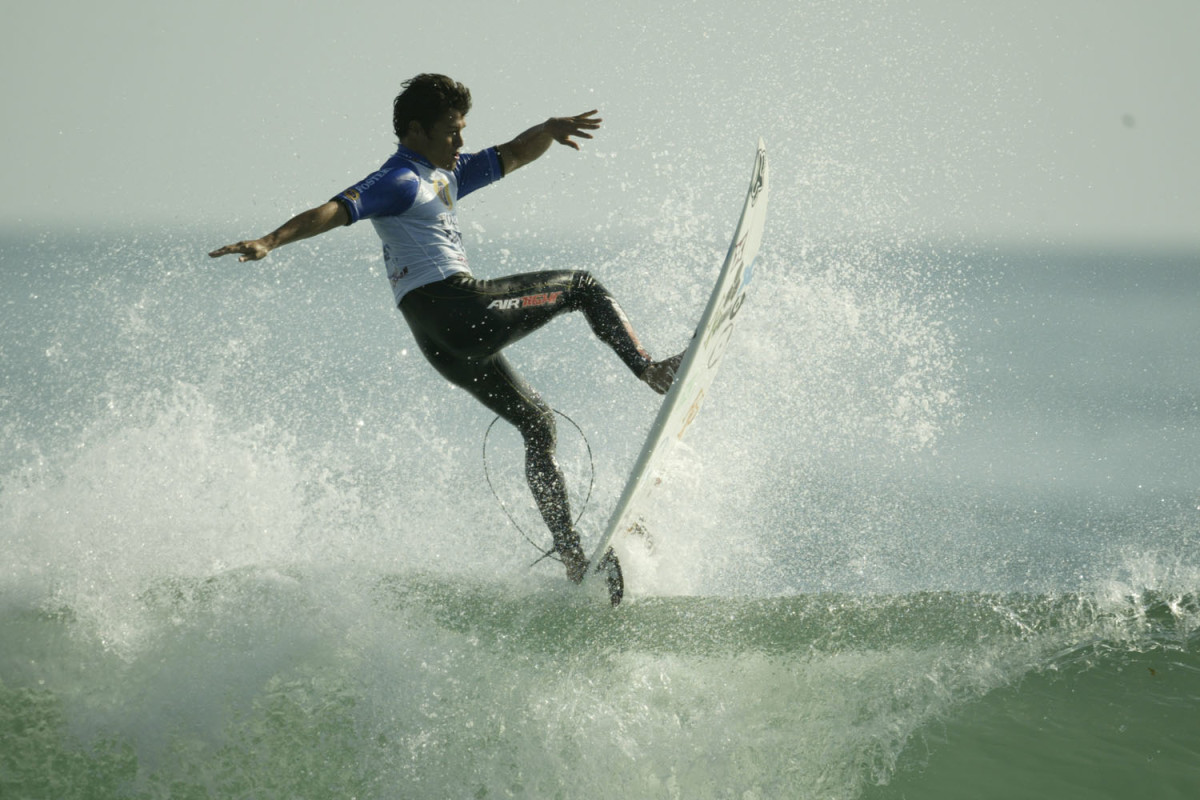
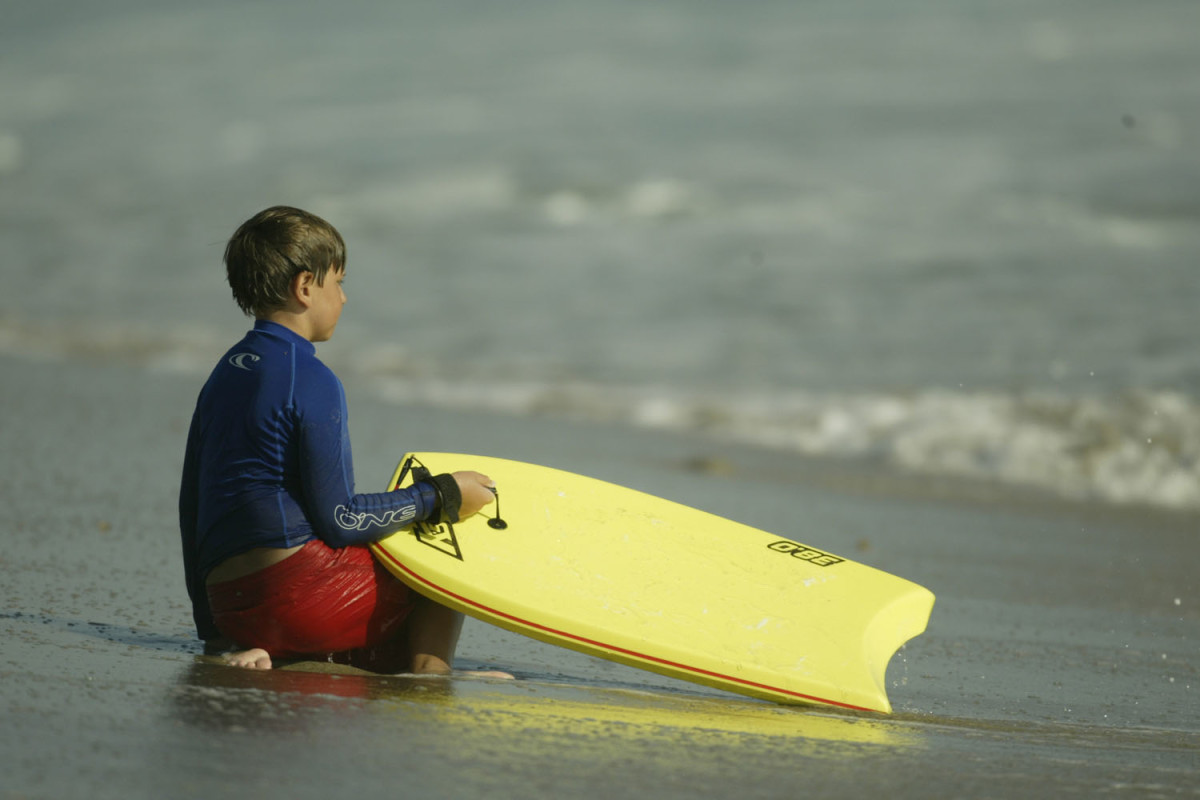
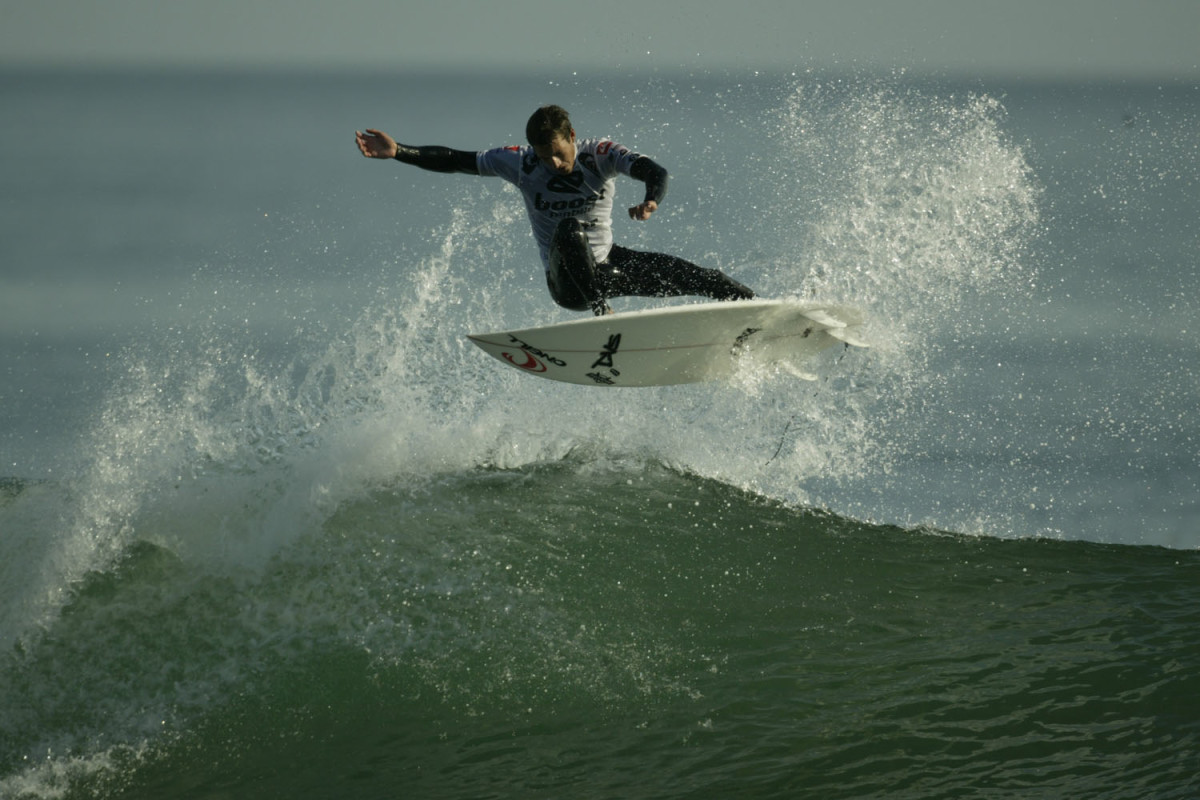
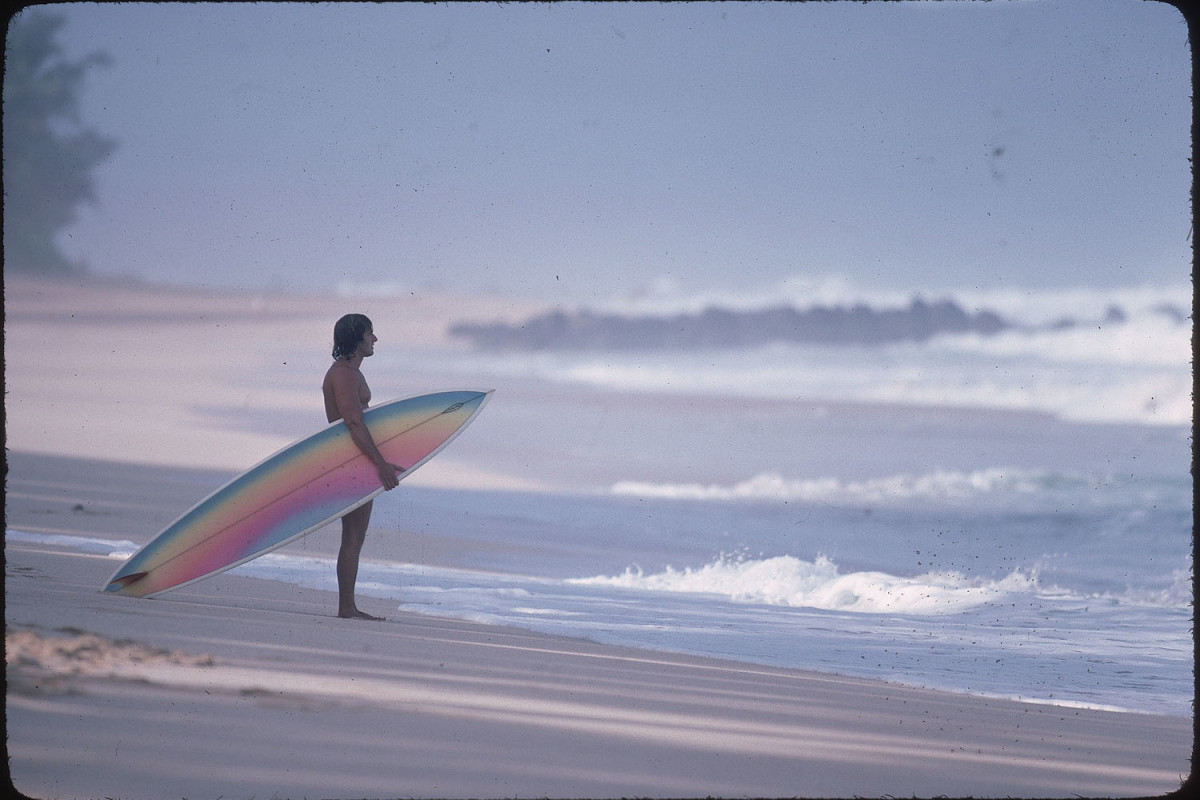
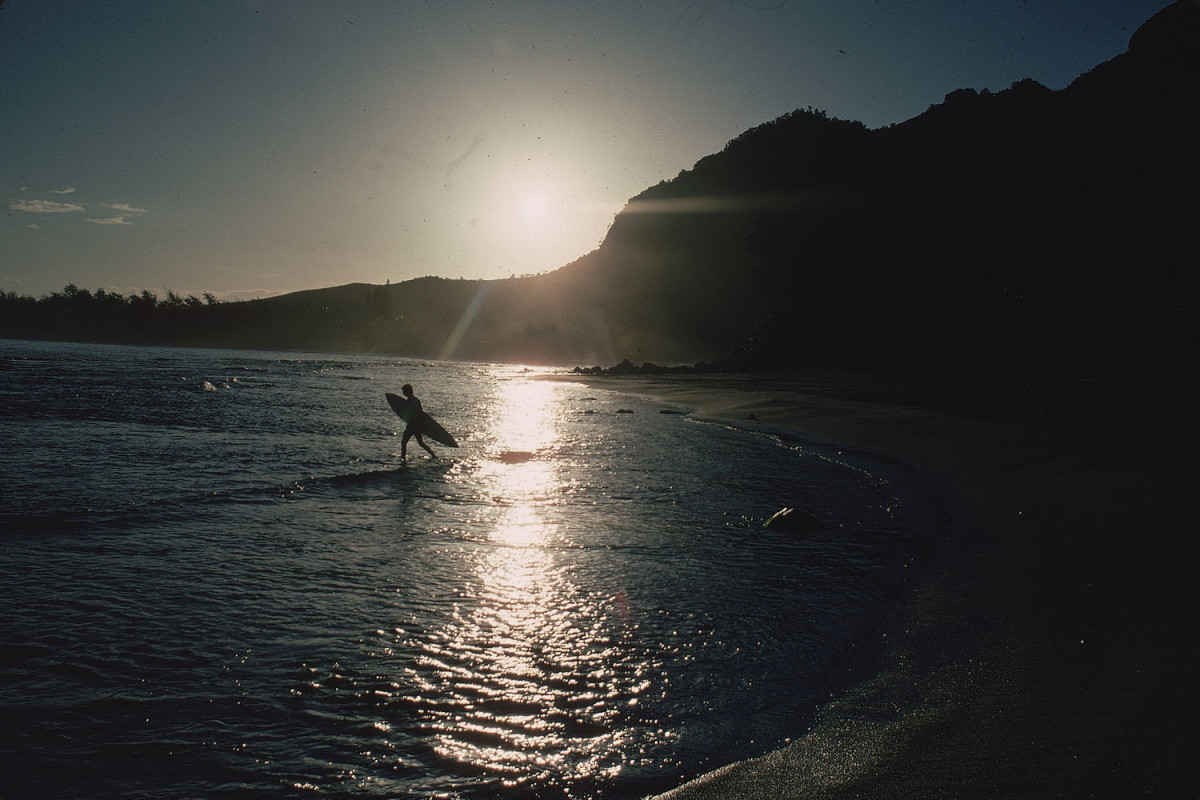
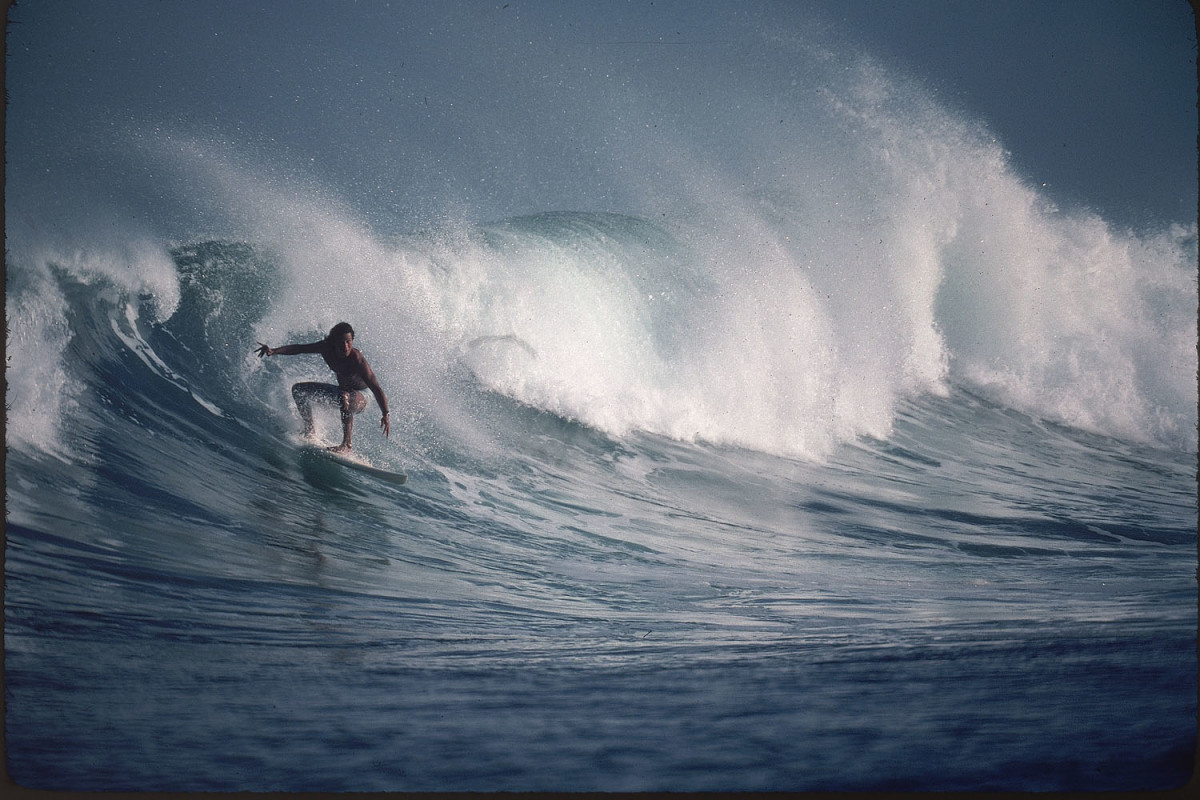
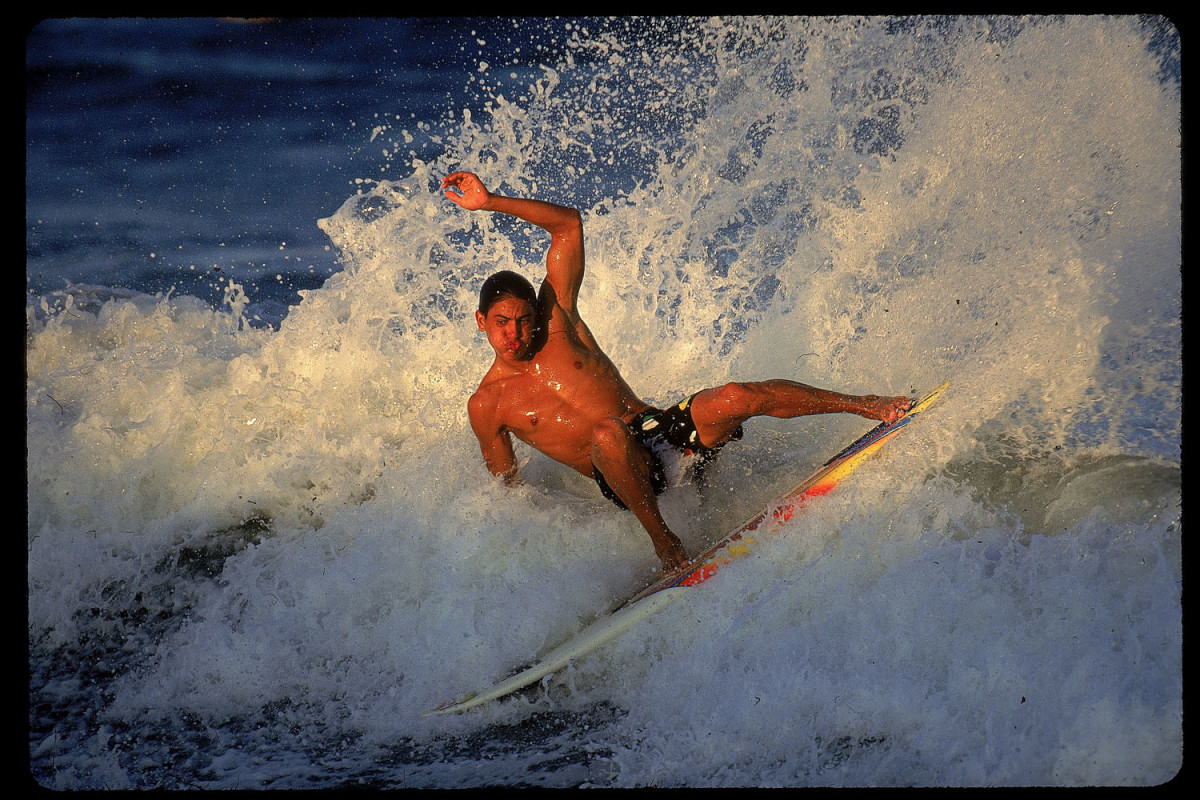
Kelly Slater
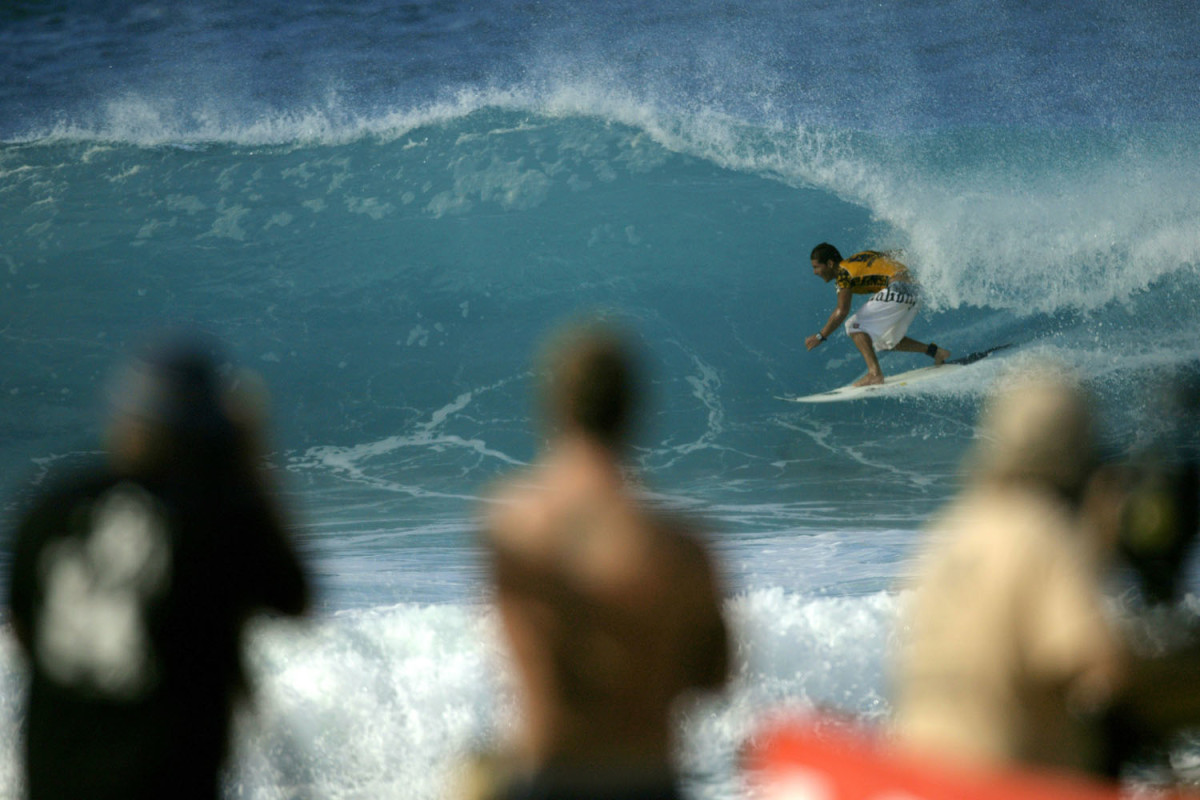
Pipeline Masters
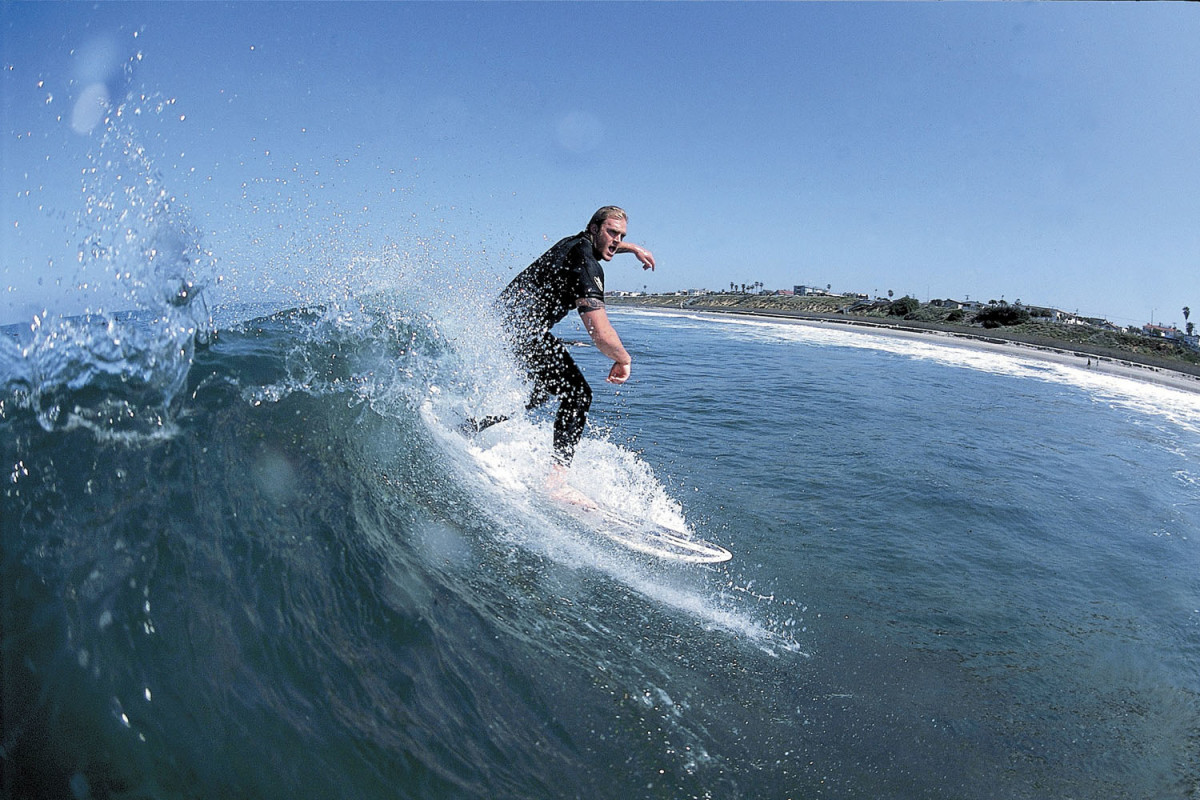
Kyle Turle
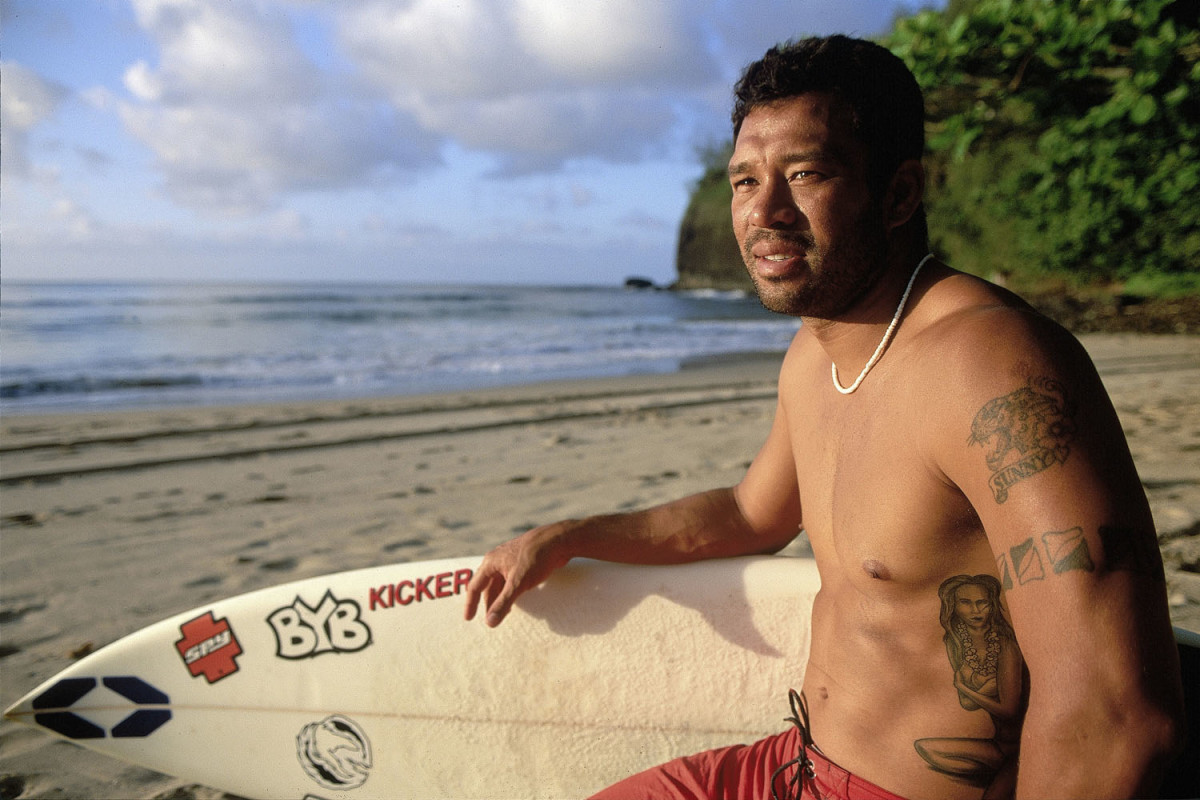
Sunny Garcia
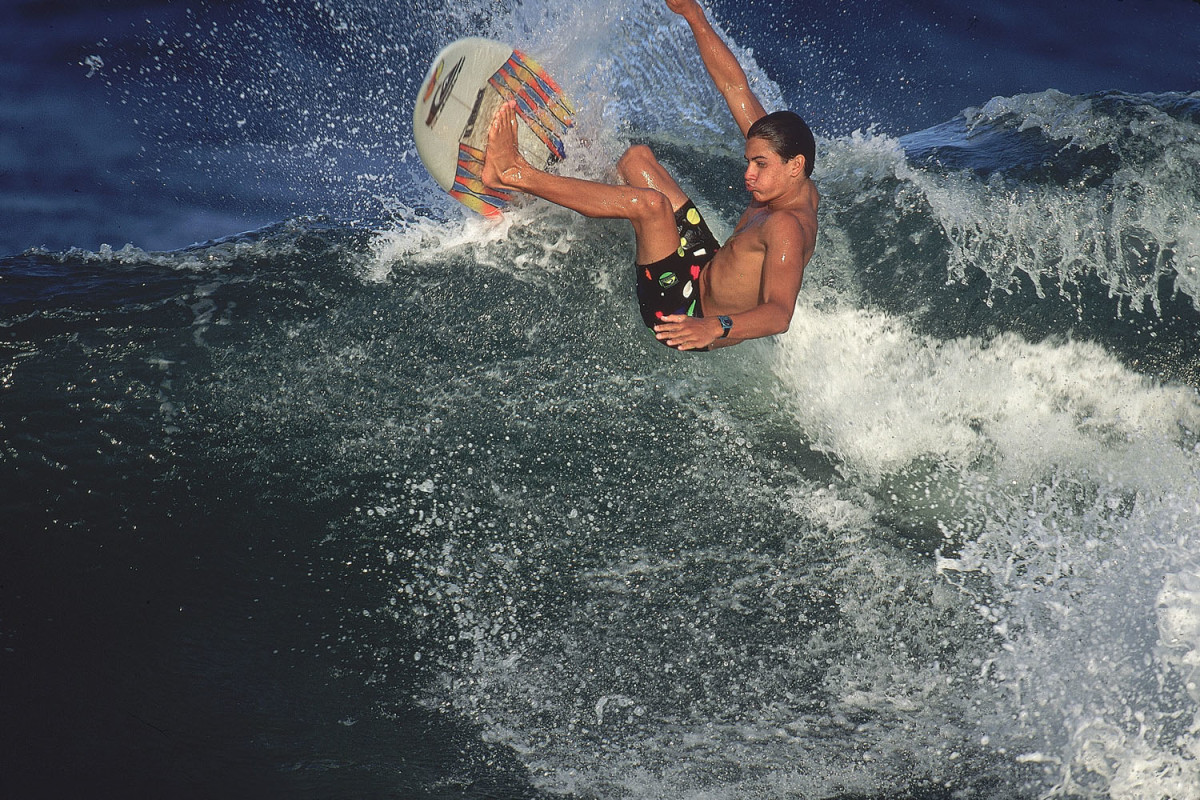
Kelly Slater
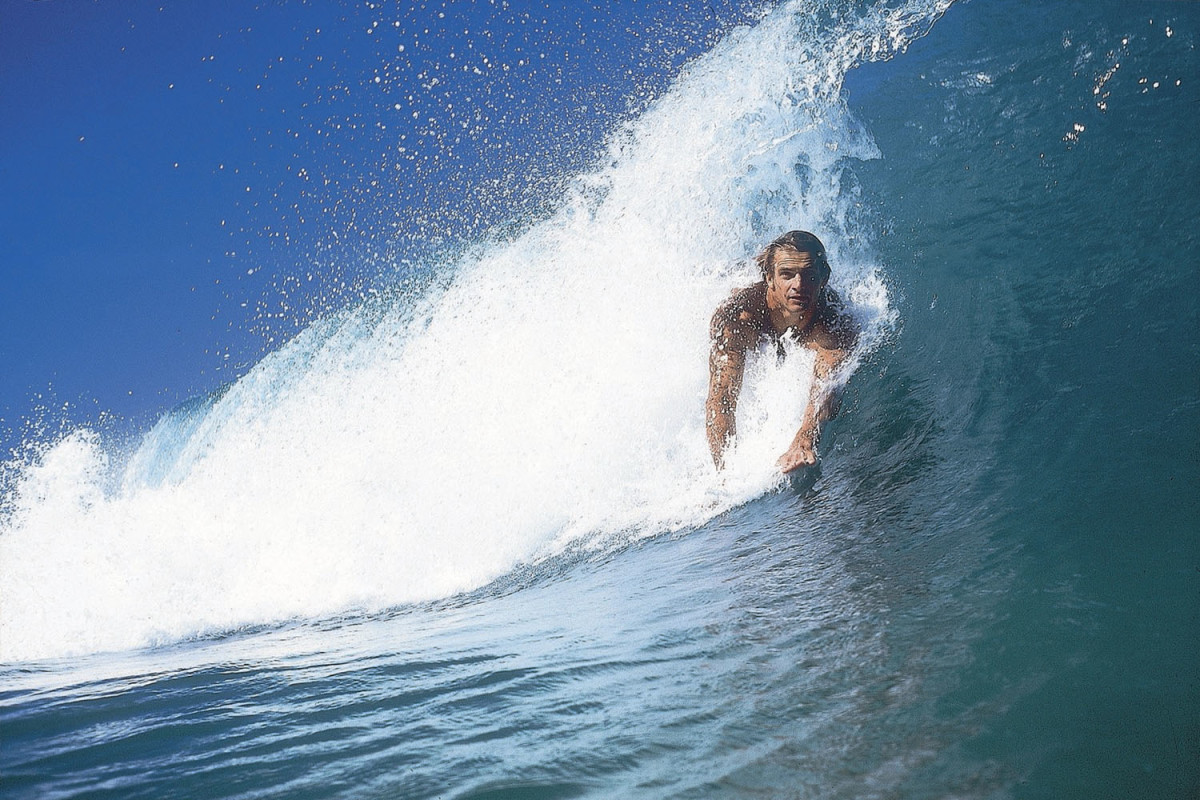
Laird Hamilton
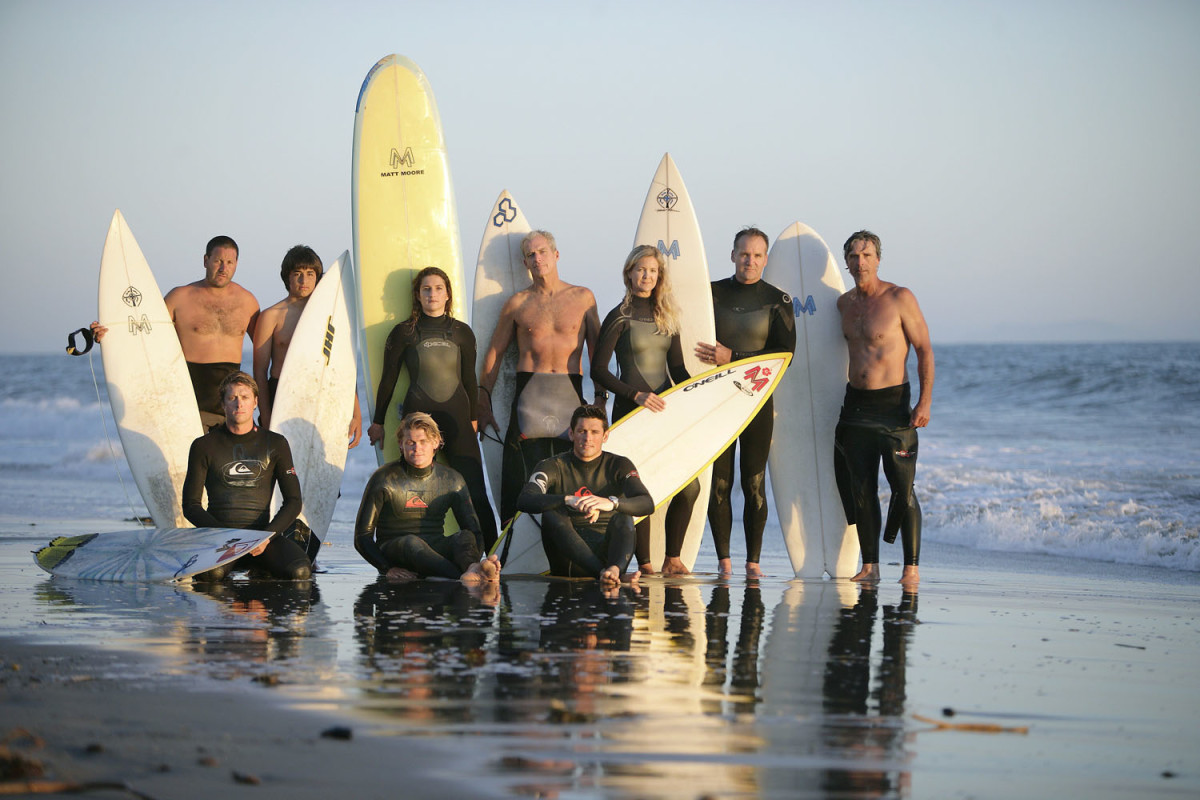
Vibe Tribe: (From left to right) Mike Organista, Ryan Moore, Shaun Organista, Spencer Davis, Naomi Bralver, Steve Johnson, Zach Moore, Lisa Luna, Jeff Boyd, and Matt Moore.
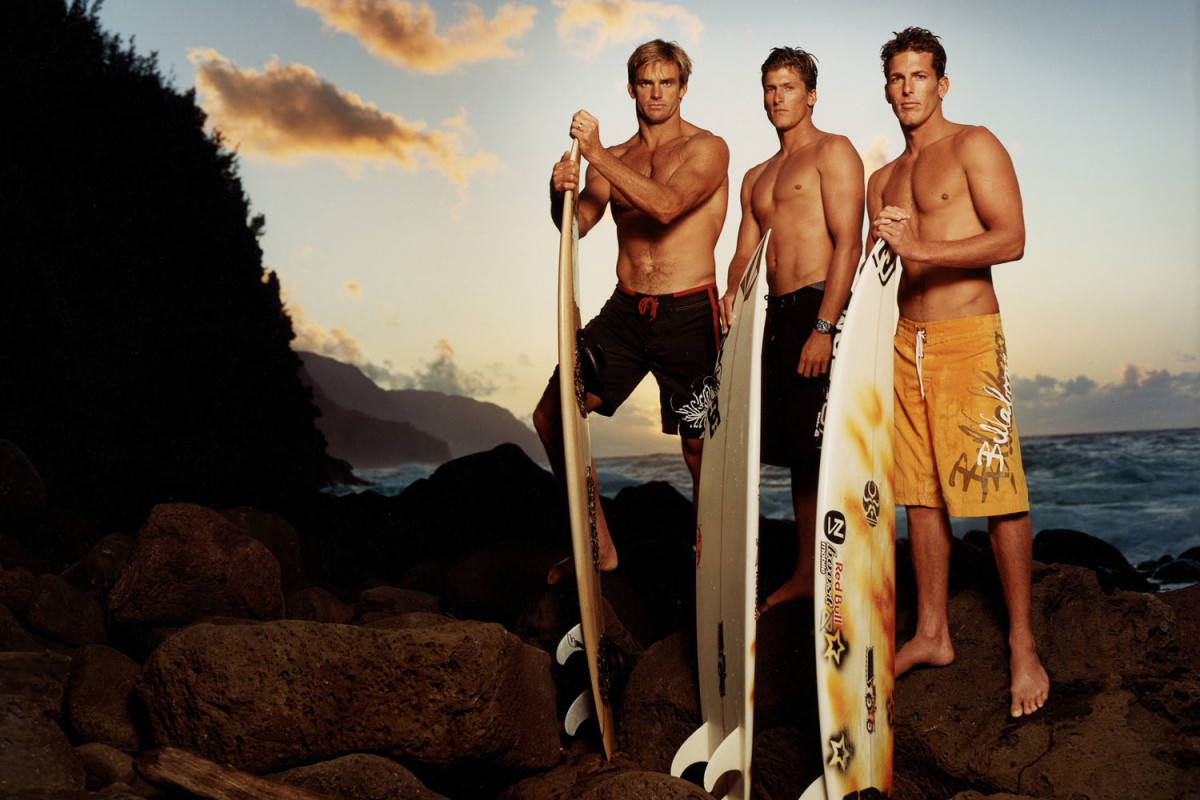
Laird Hamilton, Bruce Irons, and Andy Irons
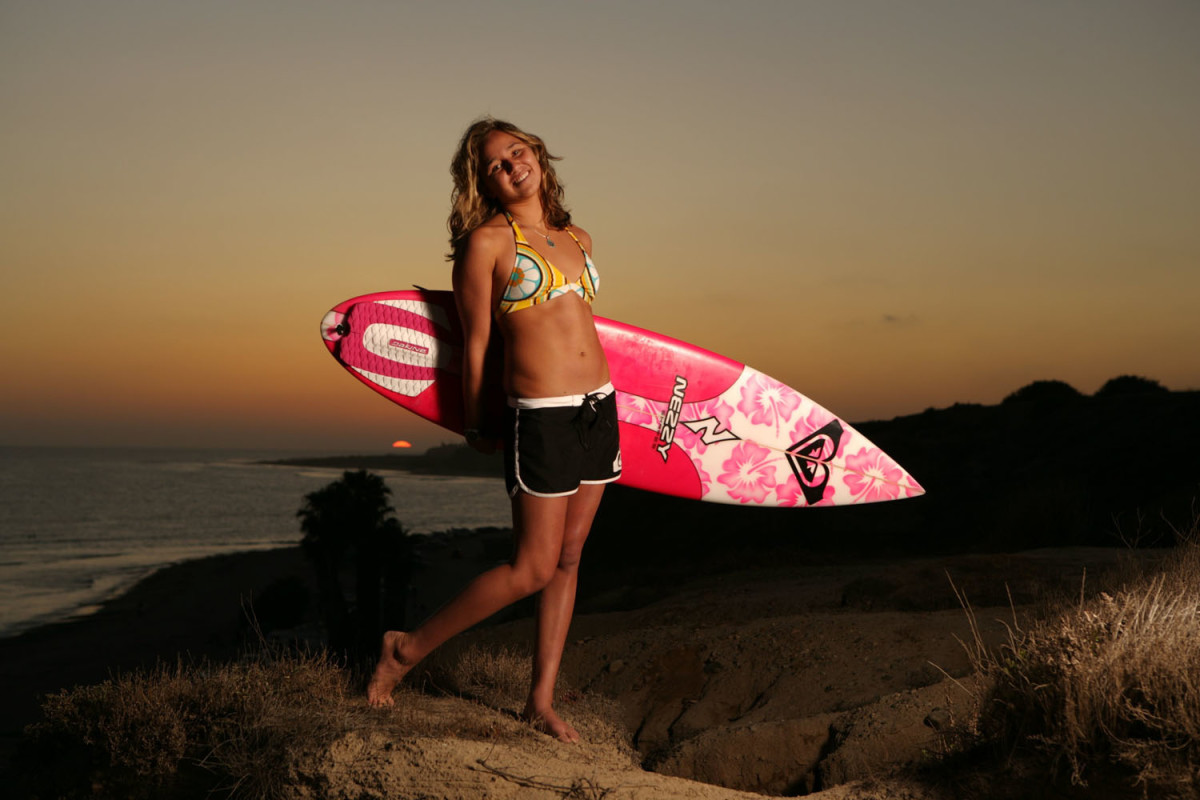
Carissa Moore
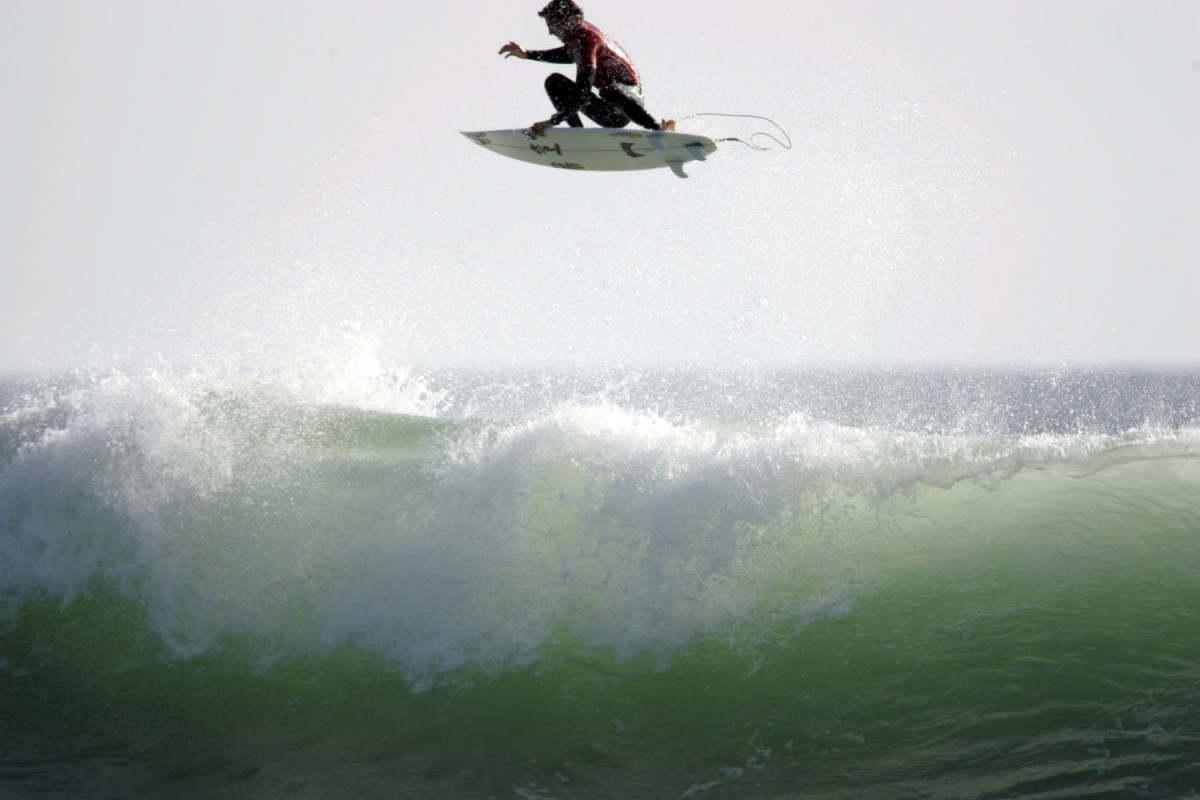
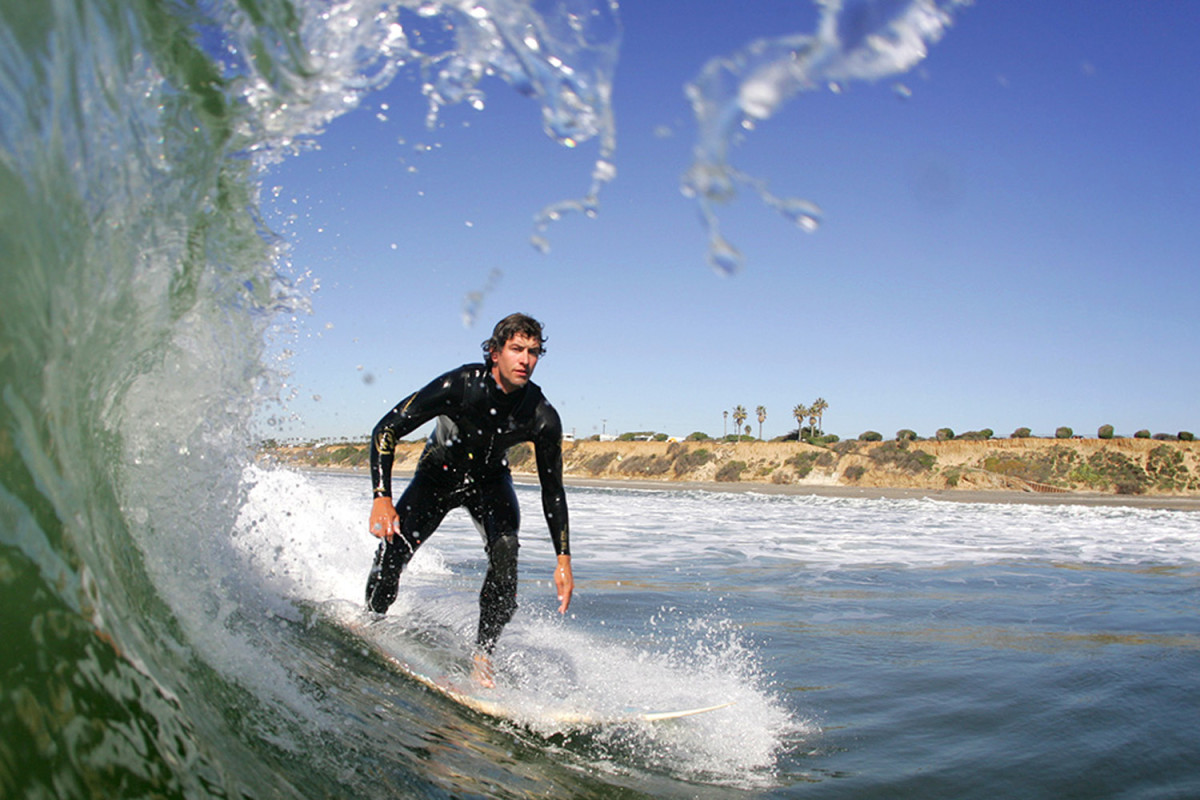
Adam Scott
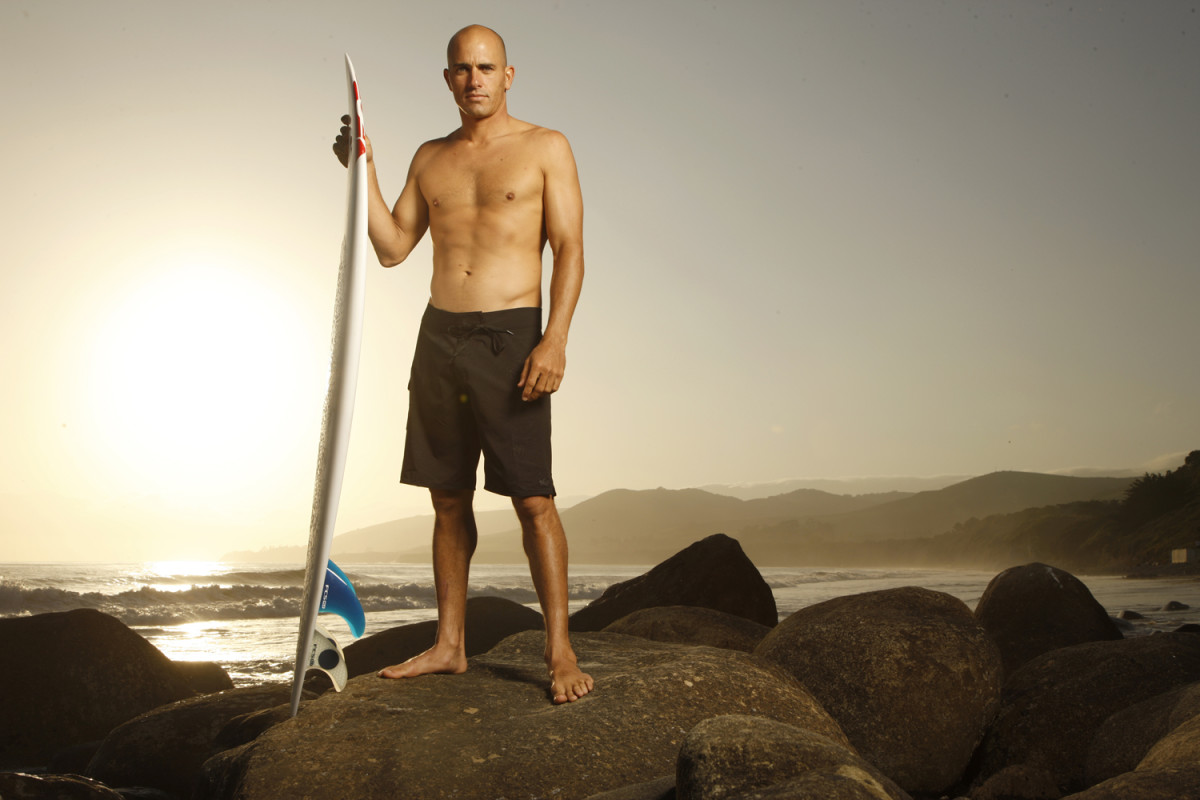
Kelly Slater
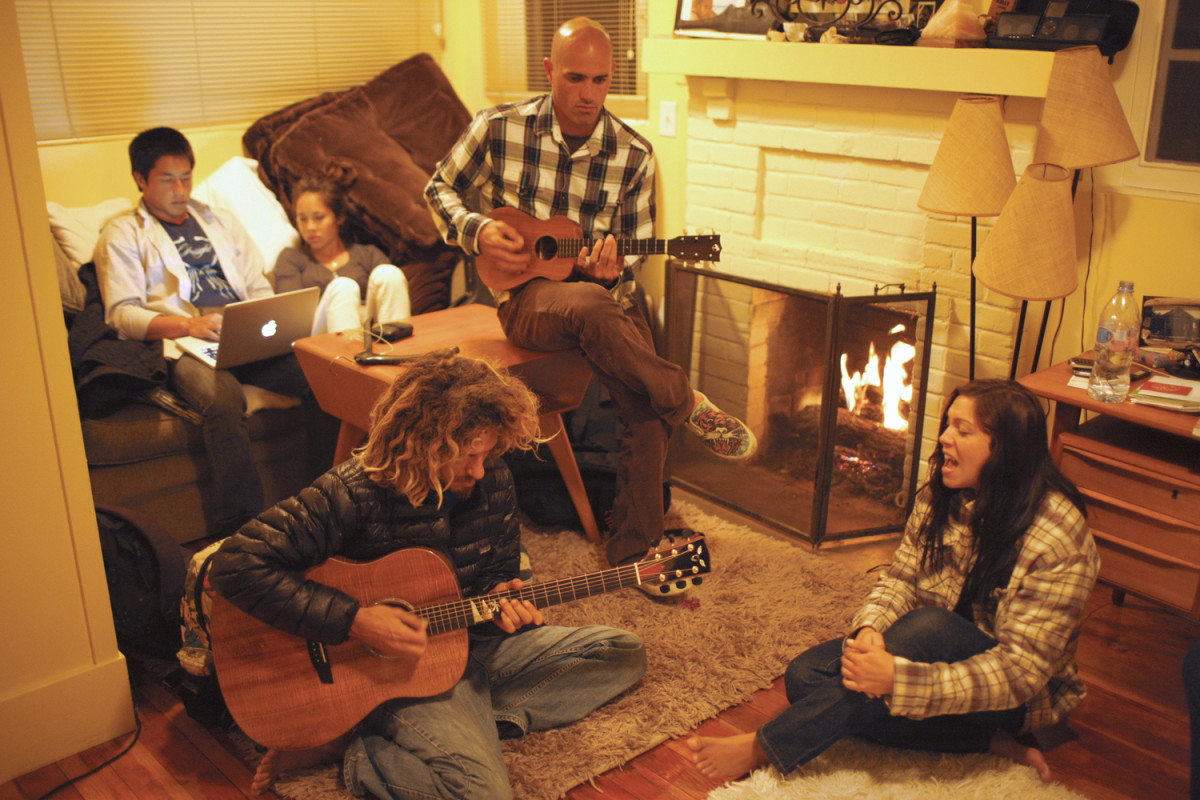
Kelly Slater
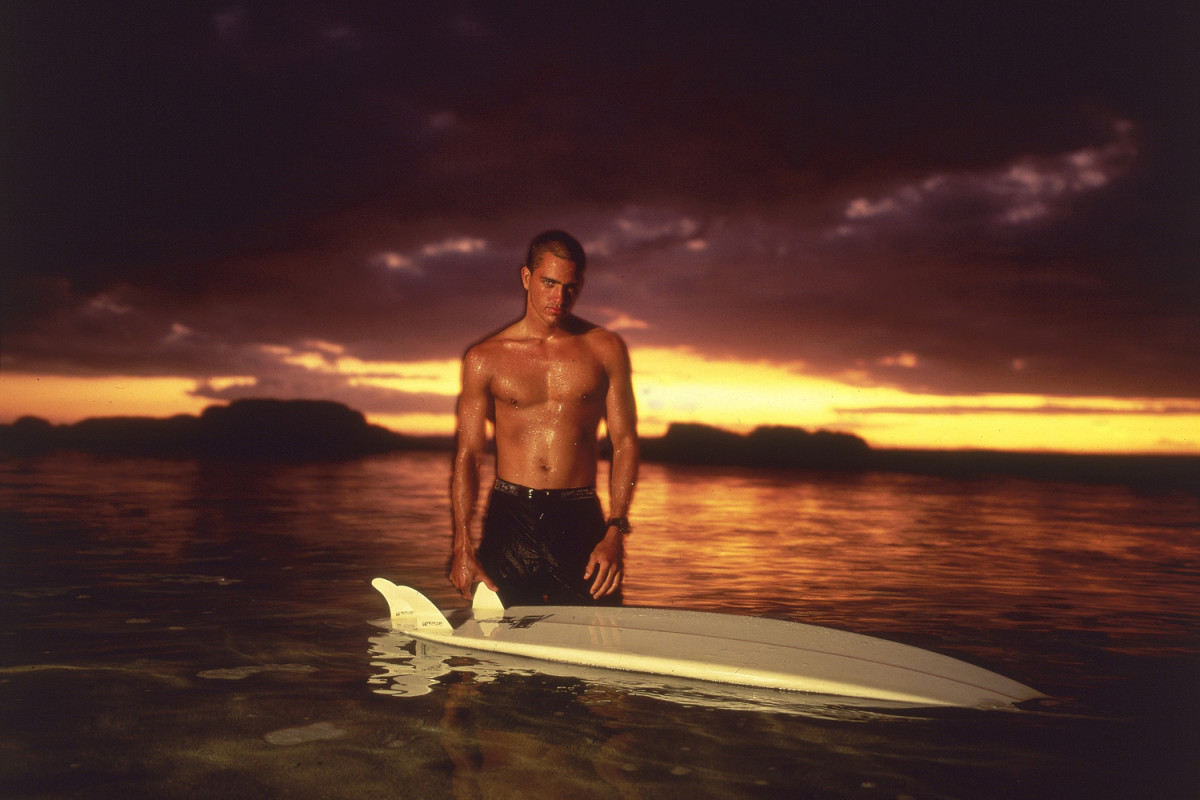
Kelly Slater
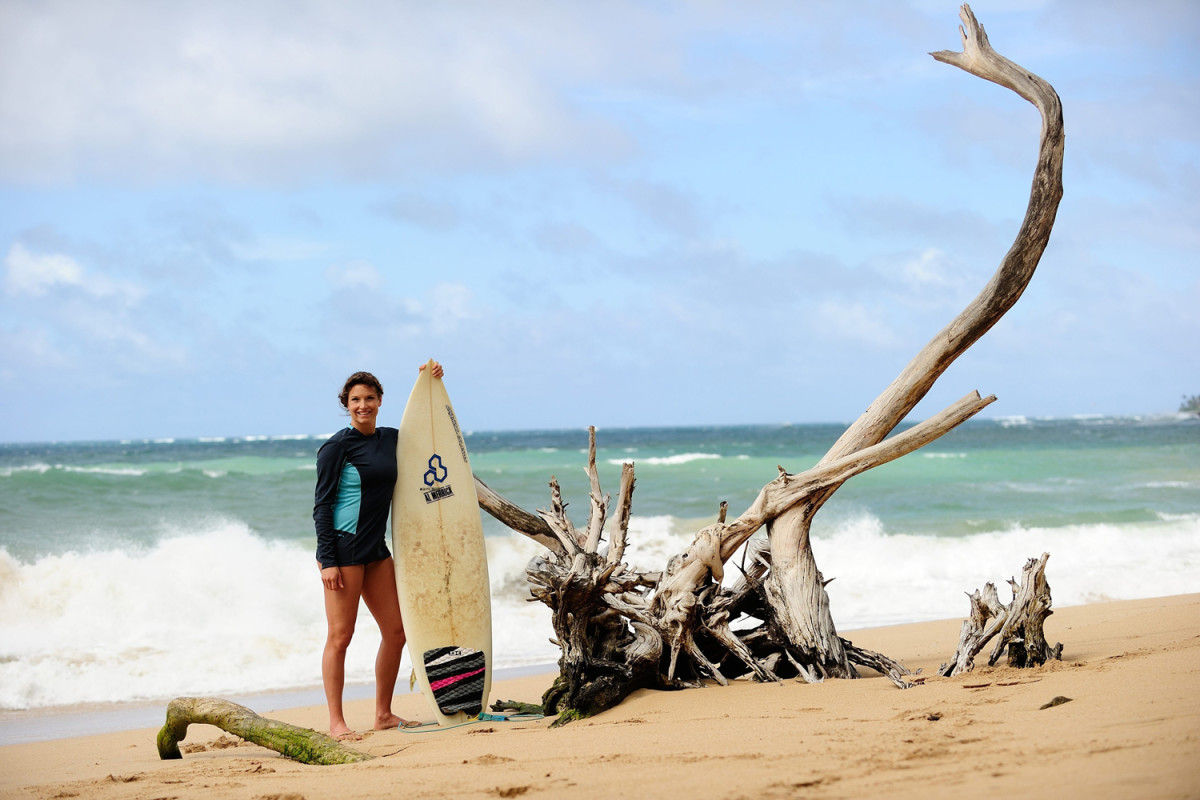
Julia Mancuso
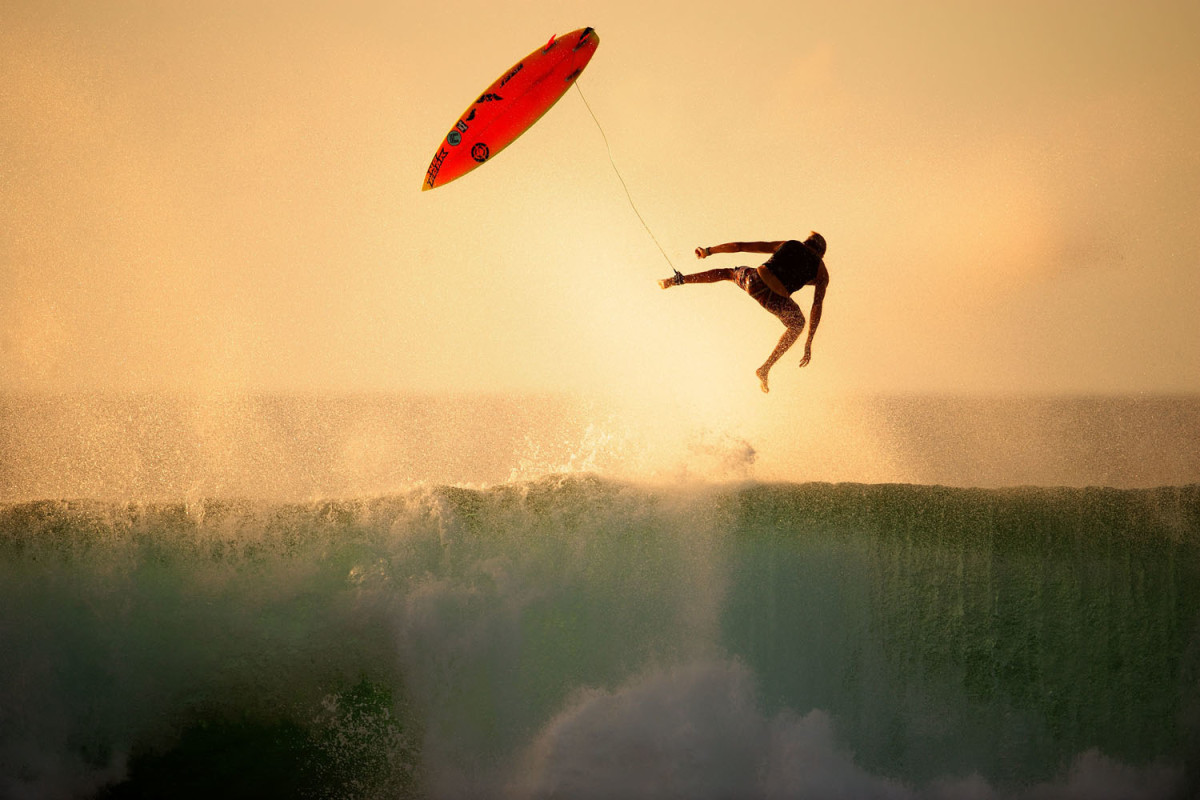
Rocky Point Surfers
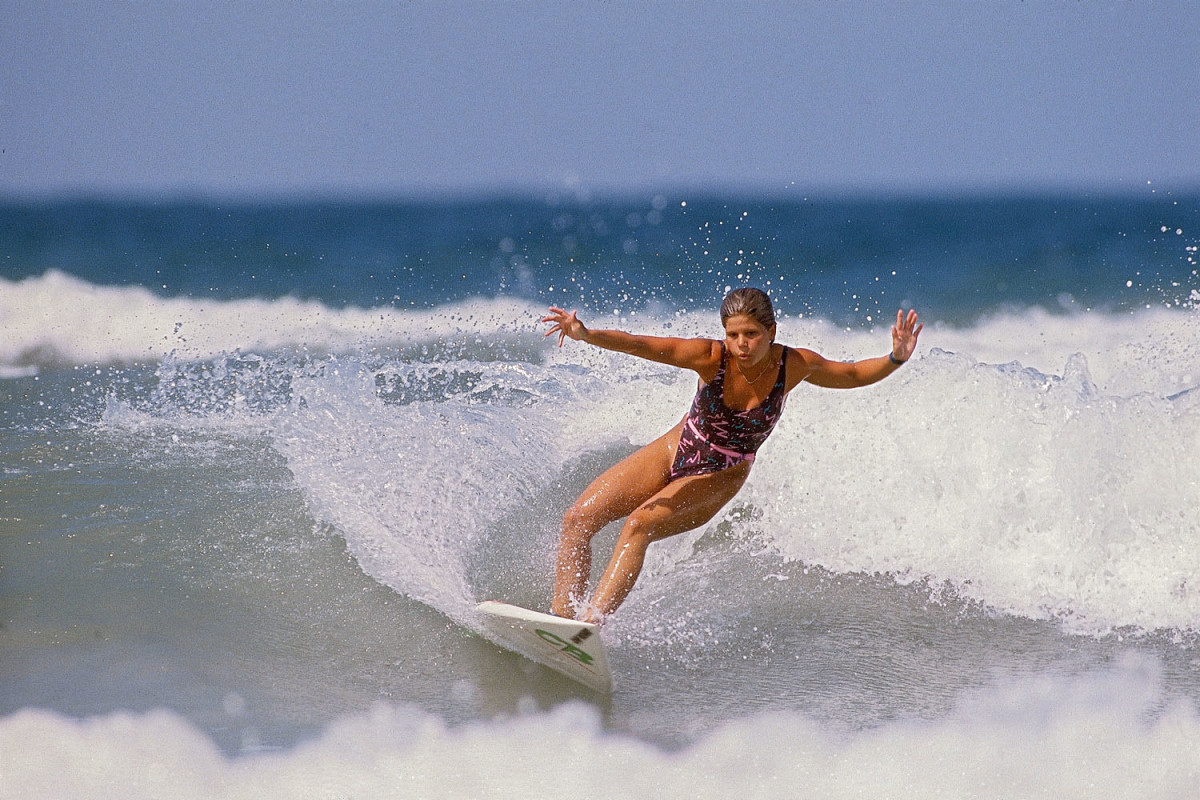
Andrea Johnson
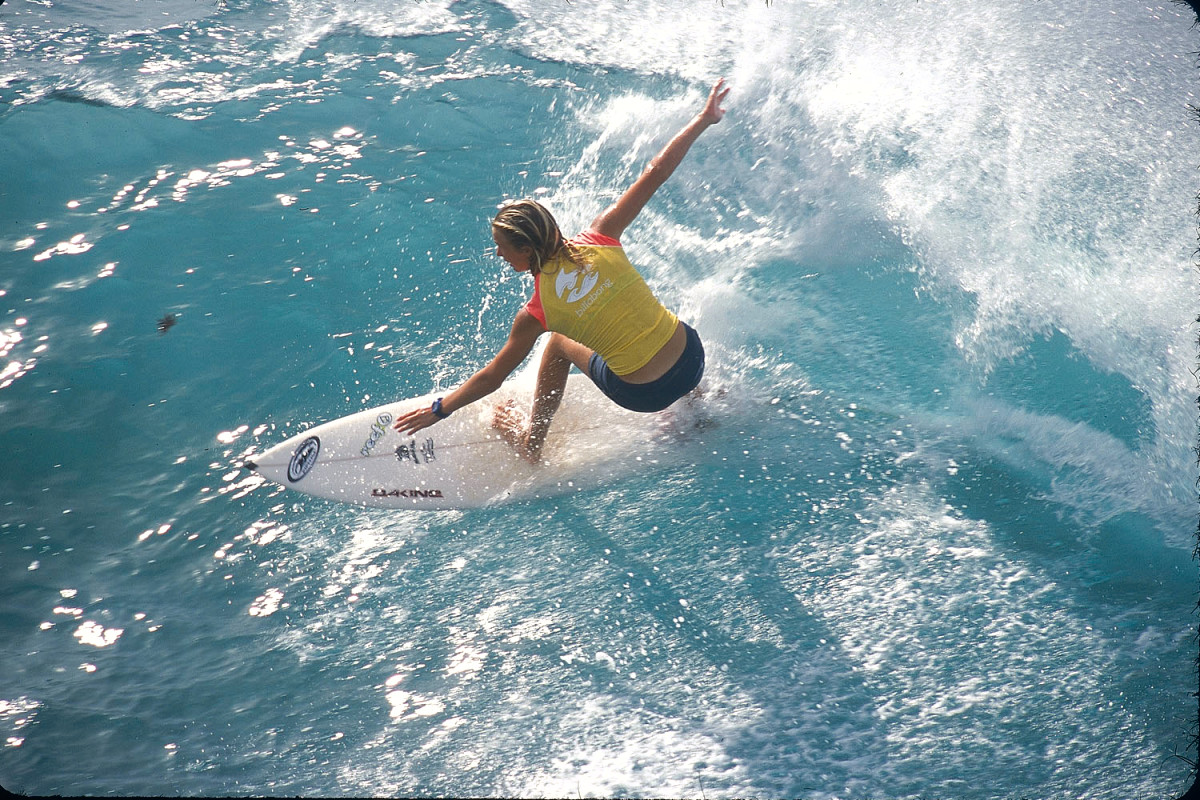
Billabong Girls Pro Maui
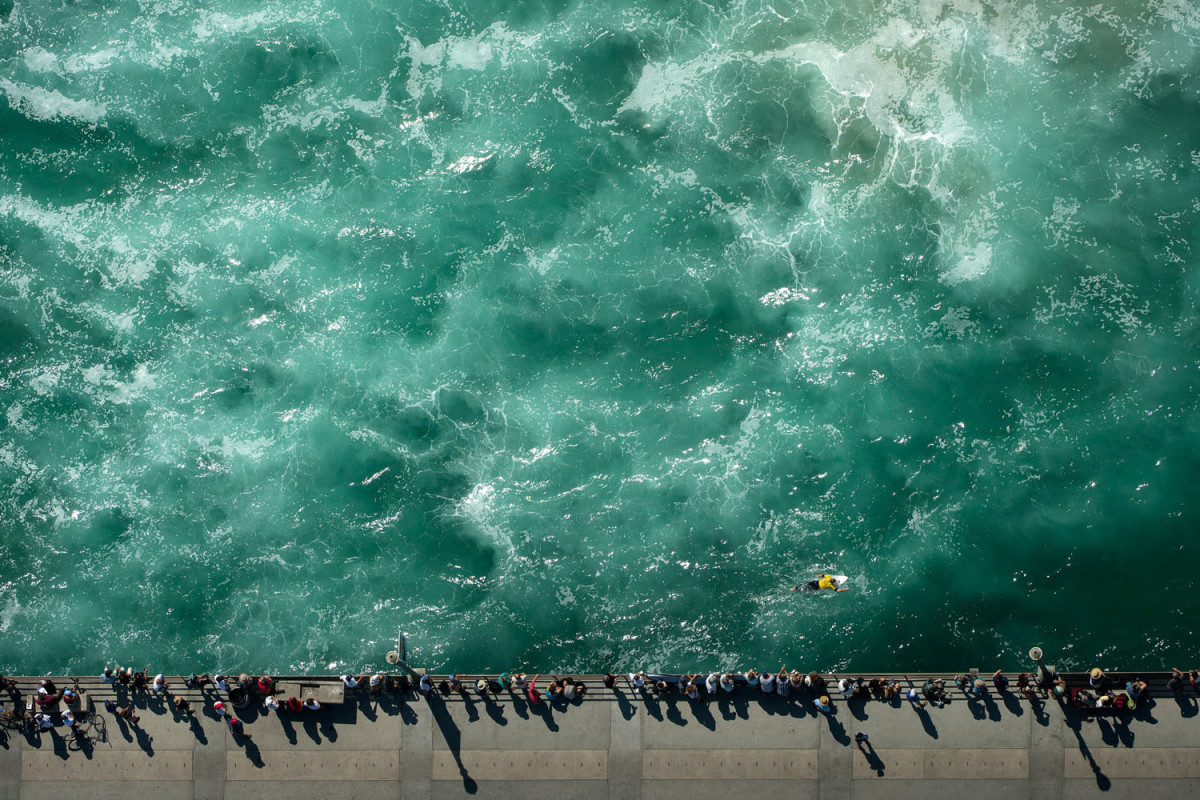
2014 VANS U.S. Open of Surfing
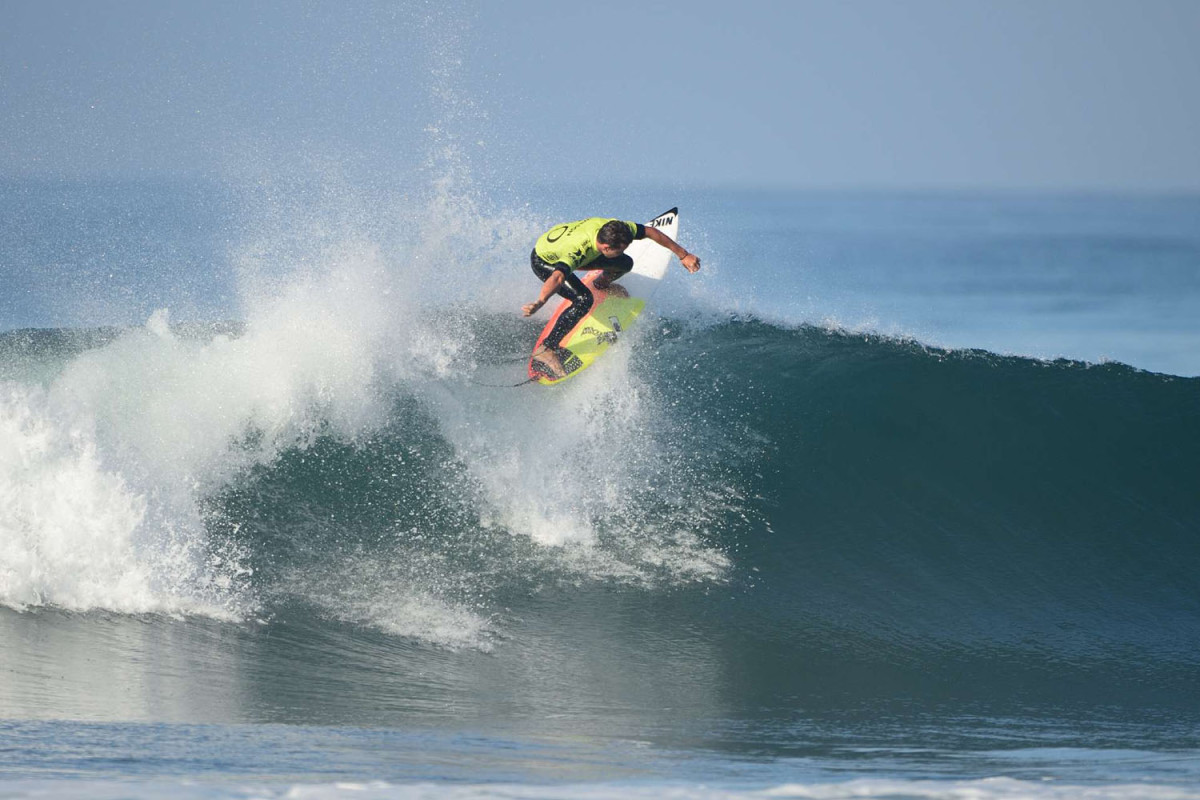
Kelly Slater wins his 50th ASP tour victory
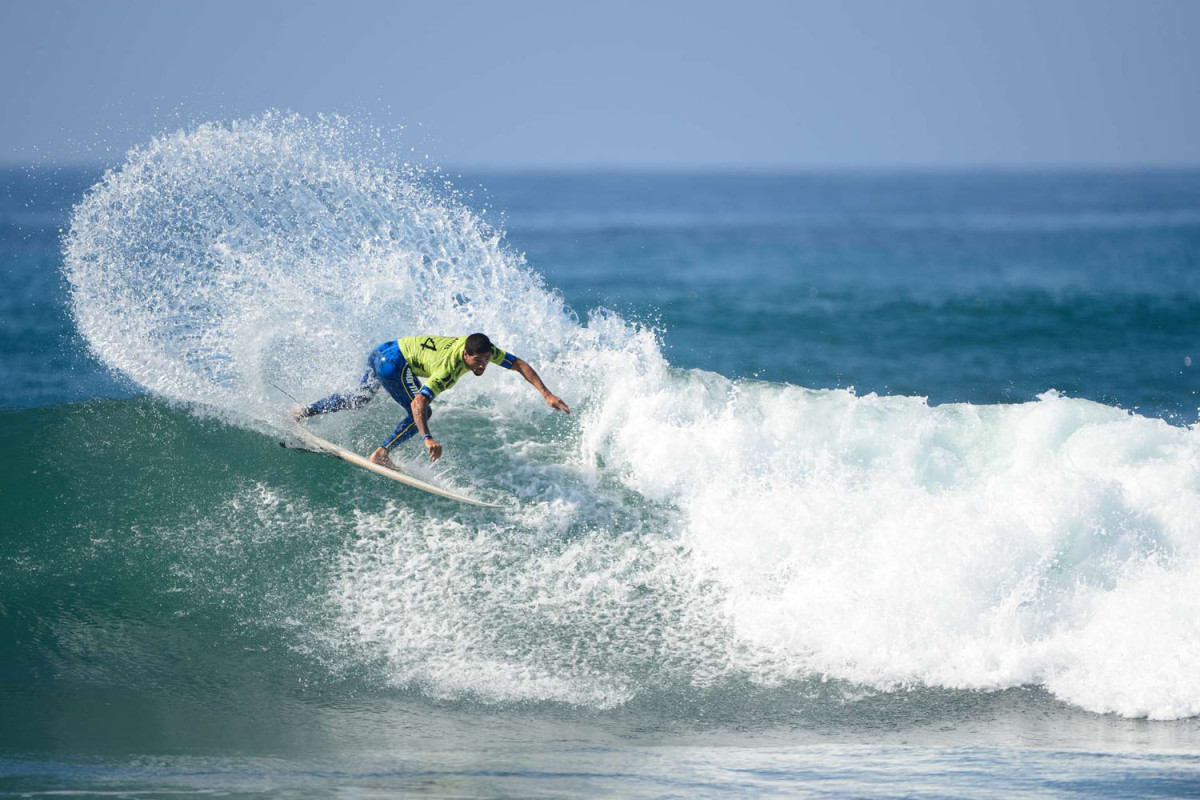
Kelly Slater wins his 50th ASP tour victory
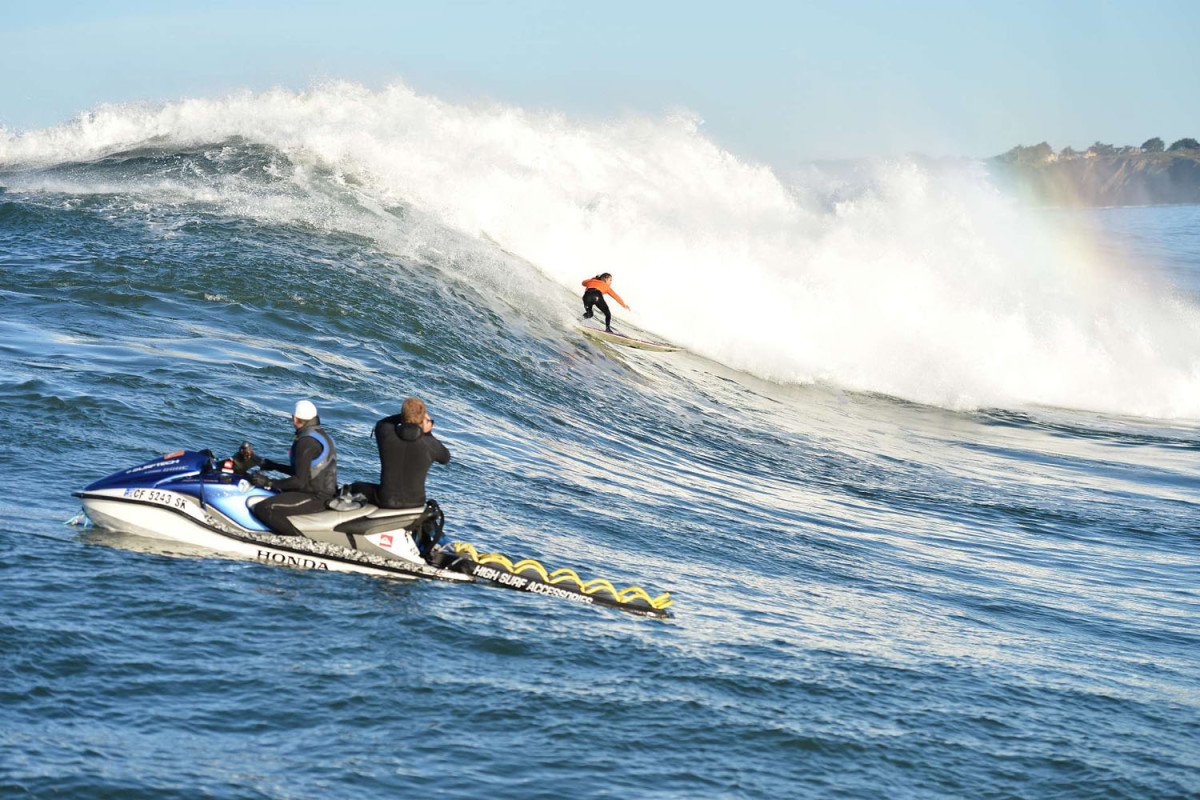
Mavericks Invitational
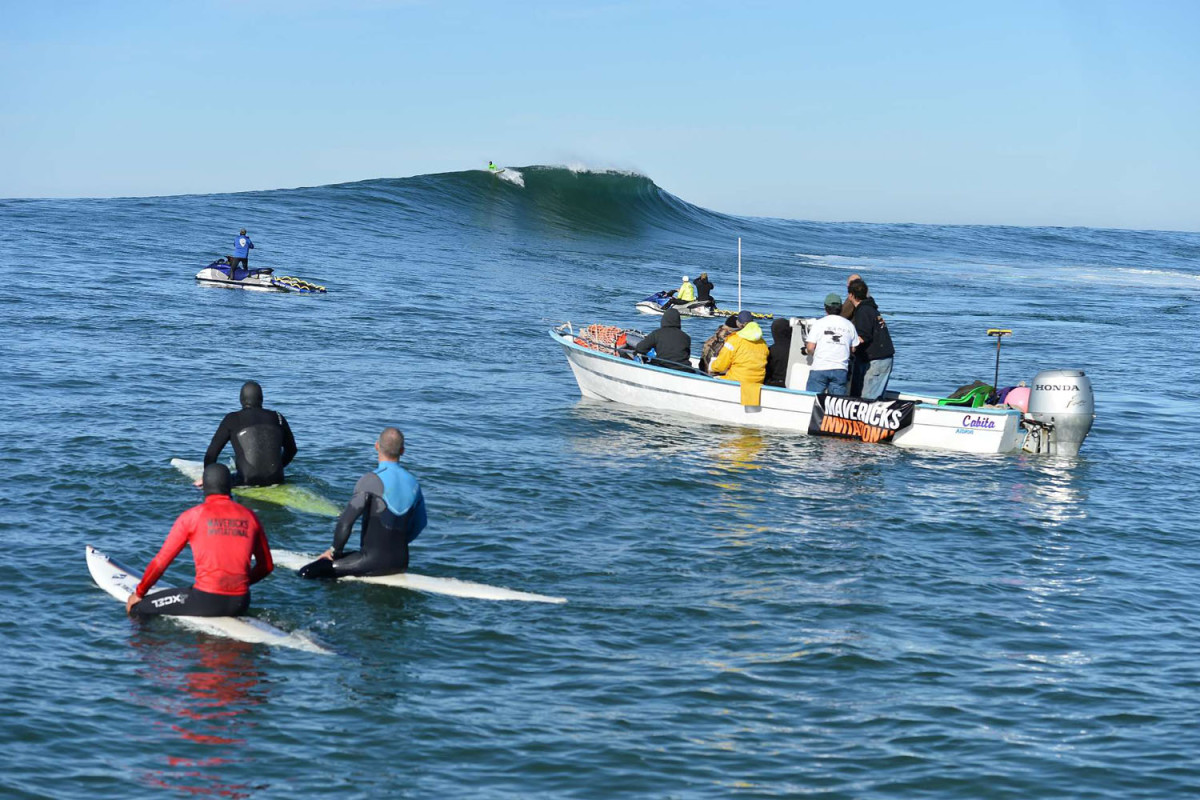
Mavericks Invitational
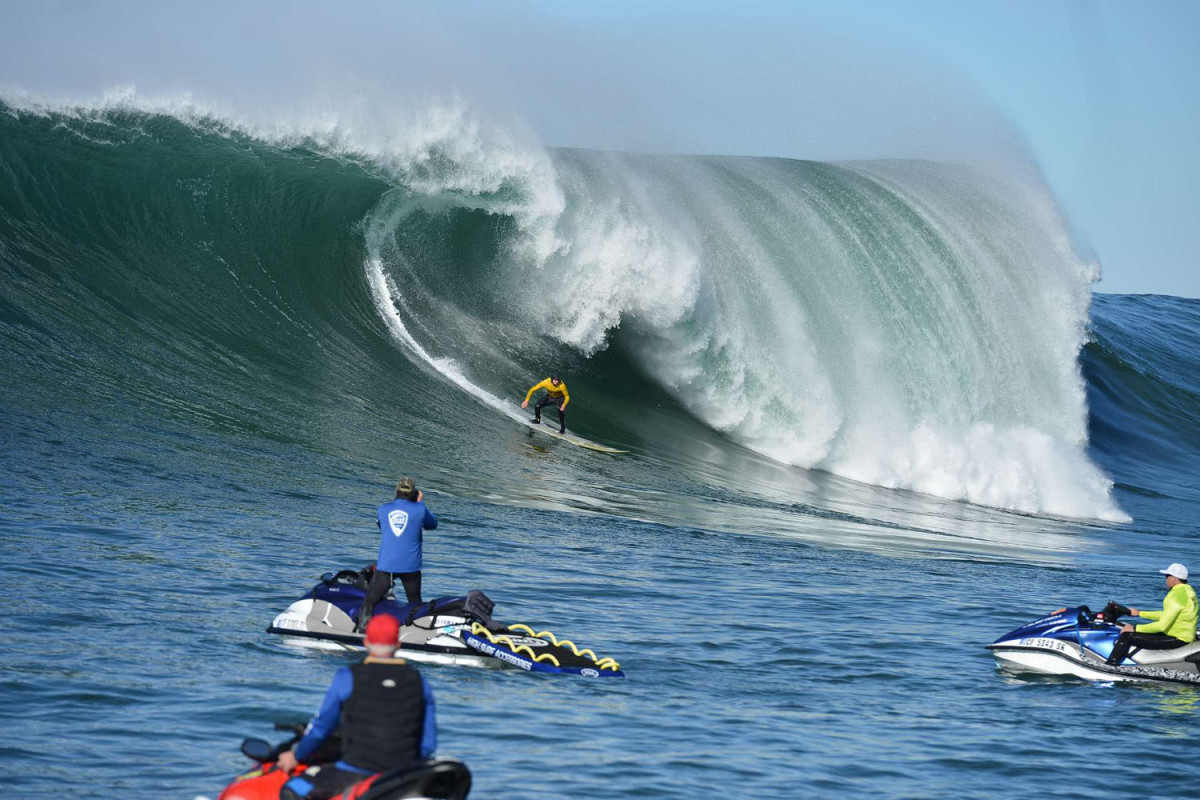
Mavericks Invitational
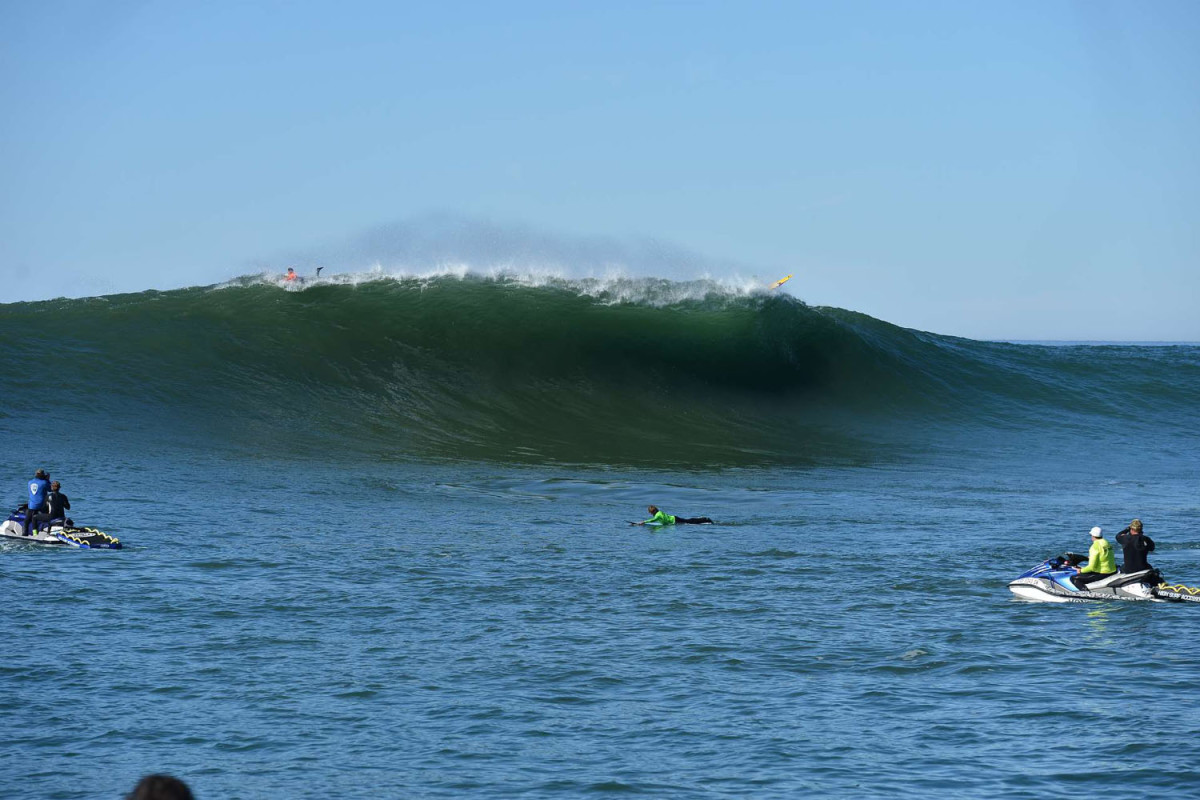
Mavericks Invitational
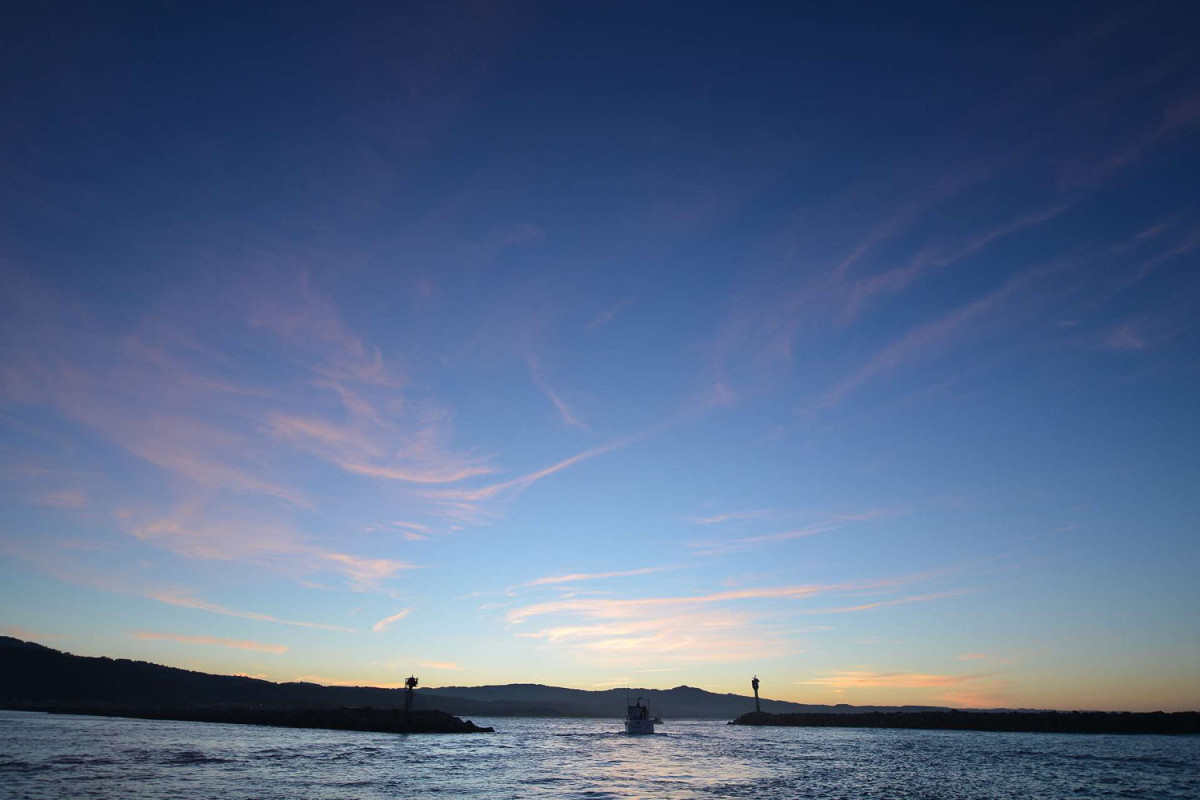
Mavericks Invitational
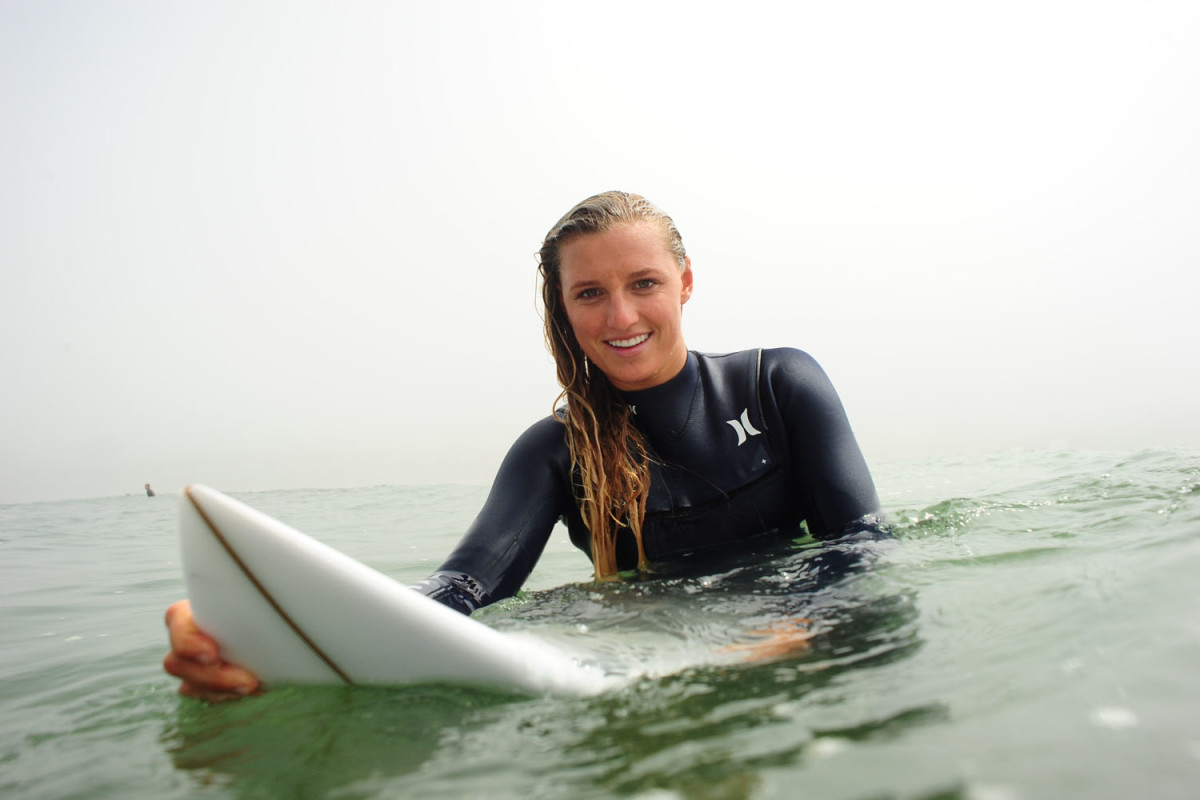
Lakey Peterson
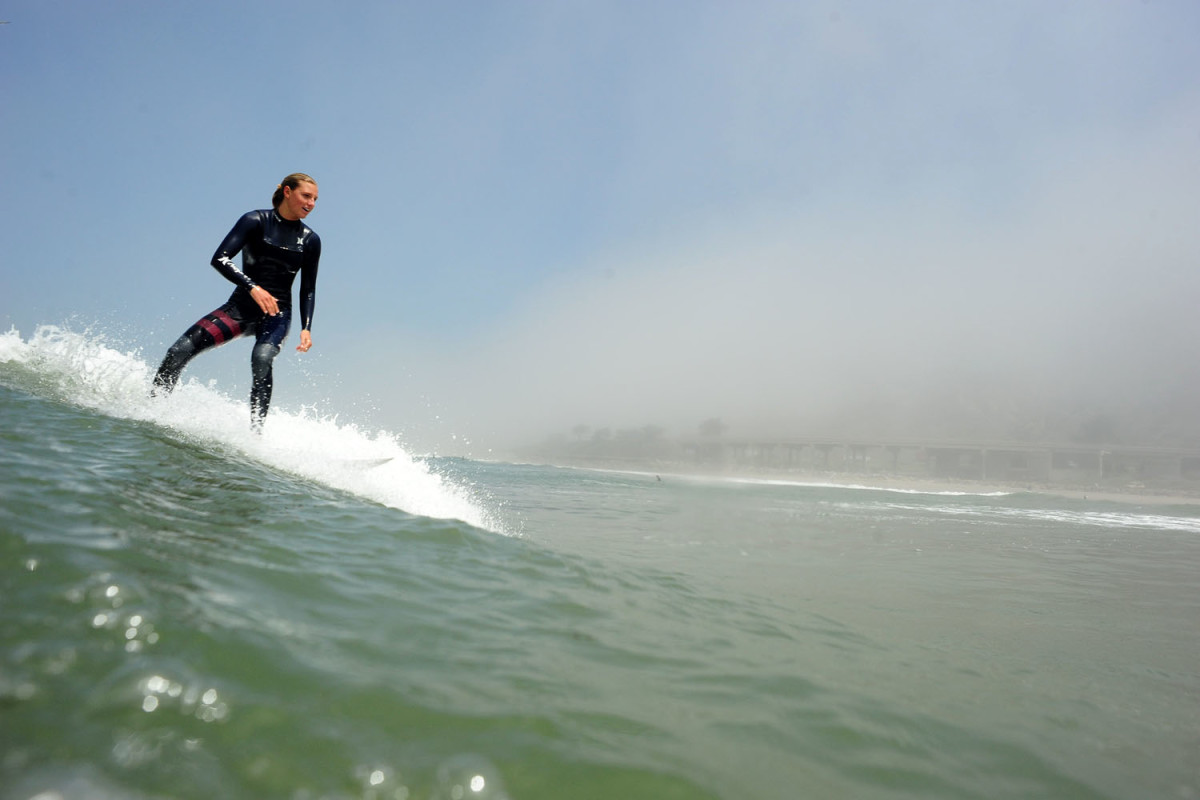
Lakey Peterson
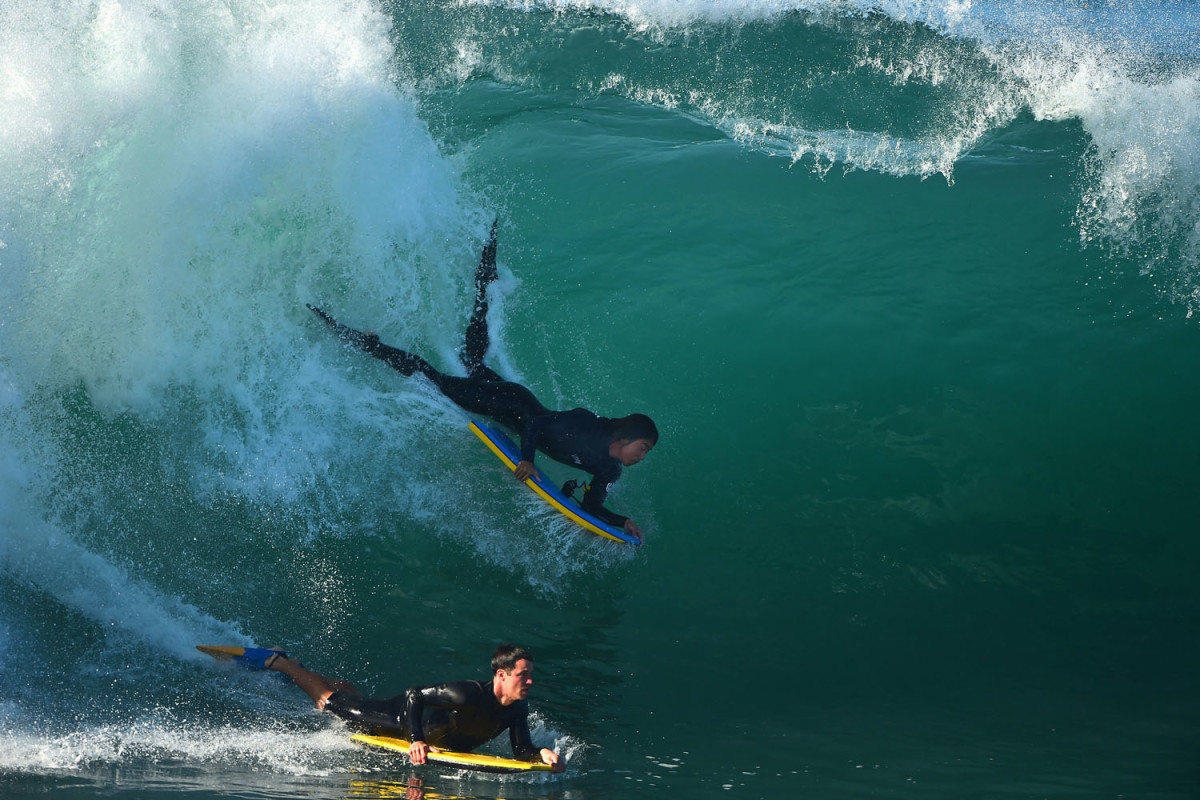
Double trouble.
took his wife and nine children along for the ride, all eleven of them living in a 24-foot camper. The family spent their days living by Doc’s rules on health, fitness, sexuality, and above all surfing.”
What seemed on the surface an idyllic existence, the film reveals, was in fact fraught with difficulty and privation. “There were times when, for sure, we could not have dressed everybody all at once,” says Jonathan Paskowitz in the film. “But there were times when one guy could have a bitching outfit.”
Here was “growing up Paskowitz,” in a nutshell: “Your parents would have said, ‘You can go to school because it’s safe, but don’t go swimming with sharks, because it’s dangerous,’” says Salvador Paskowitz in the movie. “Our parents said, ‘Well, you can go swimming with sharks, but don’t go to school, ‘cause that’s just dangerous.’”
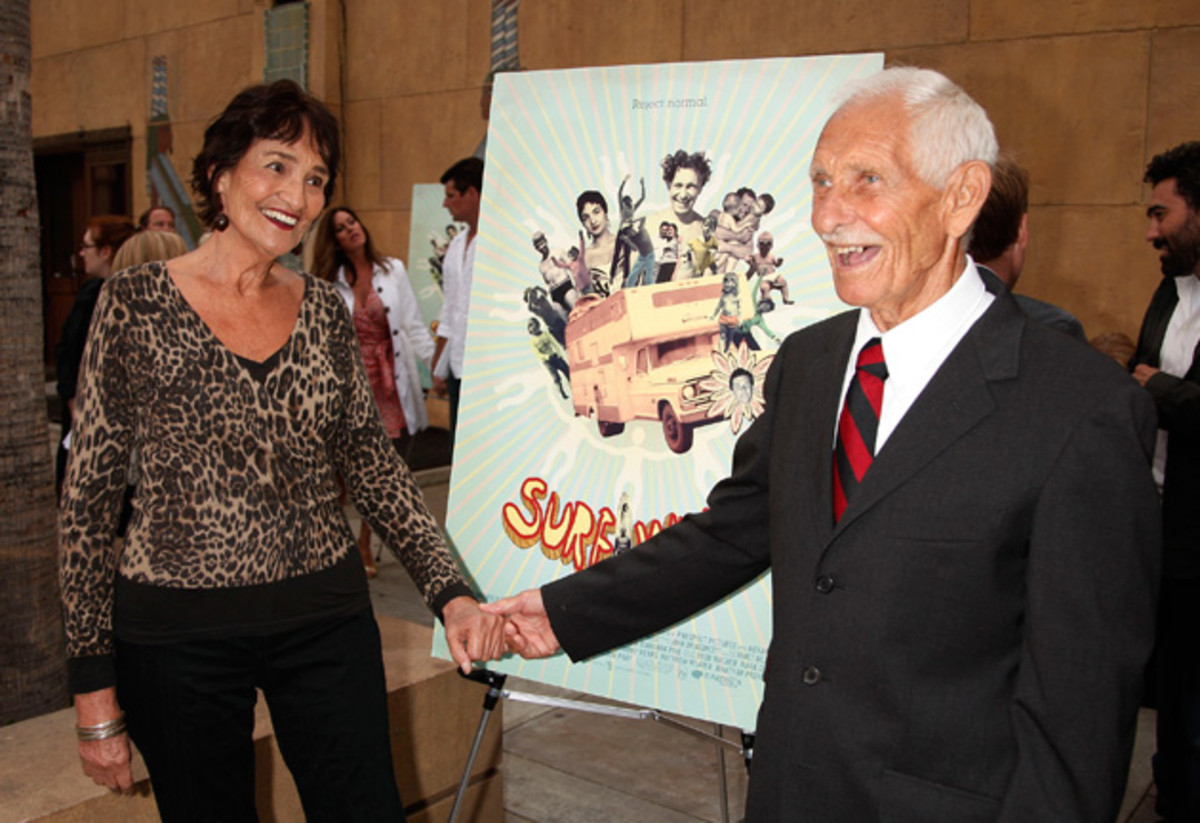
The children grew up well-adjusted and successful. As the decades passed, Doc took on legendary status, running his camps—the Paskowitz Surf Camp became one of the world’s best known surf schools—and writing a regular column for Surfer magazine in which he skillfully blended the history of the sport with advice on health, diet and fitness. He followed his own advice, and surfed into his 90s.
One of his editors at Surfer was Jim Kempton. In the obituary/celebration he wrote for Surfline.com, Kempton describes the life of his late friend as “inimitable, fascinating; almost Biblical” — wholly befitting “a Jewish-born healer/teacher/poet/warrior/philosopher and king of his Aquarian realm who spent most of his life wandering in search of the promised land of surf and honey—and probably should be considered one of surfing’s kings, if there were such designations.”
He was more mystic than monarch, seeking wisdom far outside the mainstream. To read his undated quote, courtesy of Surfer, is to conclude that he found it:
“After my 18th birthday, life began to get complicated. Fun became a calculation, rather than just plain instinct. Ambition and selfishness helped kill fun. Eventually, I looked on fun as not just wasteful, but downright wrong. I was saddled with that delusion for 18 years. If there is no fun, there is no health. God loves happy people.”
